
PhD Princeton University, 1986
Robert Myers (PhD Princeton University, 1986) is the Director and BMO Financial Group Isaac Newton Chair at Perimeter Institute. A native of Deep River, Ontario, he joined Perimeter as a founding faculty member in 2001, was its Scientific Director from 2007 to 2008, served as Faculty Chair from 2011 to 2018, and became Director in 2019. Prior to coming to Perimeter, he was a professor of physics at McGill University. Myers’ research focuses on foundational questions in quantum theory and gravity. His contributions span a broad range, including quantum field theory, gravitational physics, black holes, and cosmology. Several of his discoveries, such as the “Myers effect” and “linear dilaton cosmology” have been influential in seeding new lines of research. His current research focuses on the interplay of quantum entanglement and spacetime geometry and on applying new tools from quantum information science to the study of quantum gravity.
Among his honours, Myers has been awarded the Herzberg Medal by the Canadian Association of Physicists (1999), the CAP-CRM Prize in Theoretical and Mathematical Physics by the Canadian Association of Physicists and the Centre de Recherches Mathématiques (2005), the Vogt Medal by the Canadian Association of Physicists and TRIUMF (2012), the Queen Elizabeth II Diamond Jubilee Medal (2013), and the Distinguished Alumni Award from the University of Waterloo (2018). In 2006, he was elected a fellow of the Royal Society of Canada. Myers has been recognized as one of the world’s most influential scientists, appearing on the Thomson Reuters/Clarivate Analytics list of “Highly Cited Researchers,” five times. He has been a member of the Canadian Institute for Advanced Research in the Cosmology and Gravity program (1998-2017) and an associate member in the Gravity and the Extreme Universe program (2017-present). He has served on numerous advisory boards, including the Banff International Research Station (2001-05), the Kavli Institute for Theoretical Physics (2012-16), the William I. Fine Theoretical Physics Institute (2015-19), and the Max Planck Institute for Gravitational Physics (2018-present). He has also served on the editorial boards of Annals of Physics (2002-12) and the Journal of High Energy Physics (2007-present). Myers remains active in both teaching and supervising graduate students through his cross-appointment as an adjunct professor in the Department of Physics and Astronomy at the University of Waterloo. He has supervised and co-supervised over 150 postdoctoral fellows, PhD students, and master’s students over his career, roughly 50 of whom now hold faculty positions around the world, including at Princeton, Cambridge, and Oxford.

PhD École Normale Supérieure de Lyon, 1994
Laurent Freidel (PhD École Normale Supérieure de Lyon, 1994) joined Perimeter Institute first as a visitor in 2002 and then as faculty in 2006. He served as Faculty Chair from 2021 to June 2023. Freidel is a mathematical physicist who has made many notable contributions in the field of quantum gravity, introducing the concept of corner symmetry to resolve entanglement and developing spin foam models, among other things. He has also introduced several new concepts in this field, such as local holography, group field theory, relative locality, and metastring theory and modular spacetime. He possesses outstanding knowledge of a wide range of areas, including gravitational physics, integrable systems, topological field theories, two-dimensional conformal field theory, string theory, and quantum chromodynamics. Freidel has held positions at Pennsylvania State University and L’École Normale Supérieure and has been a member of France’s Centre National de la Recherche Scientifique since 1995. He is also the recipient of several awards.
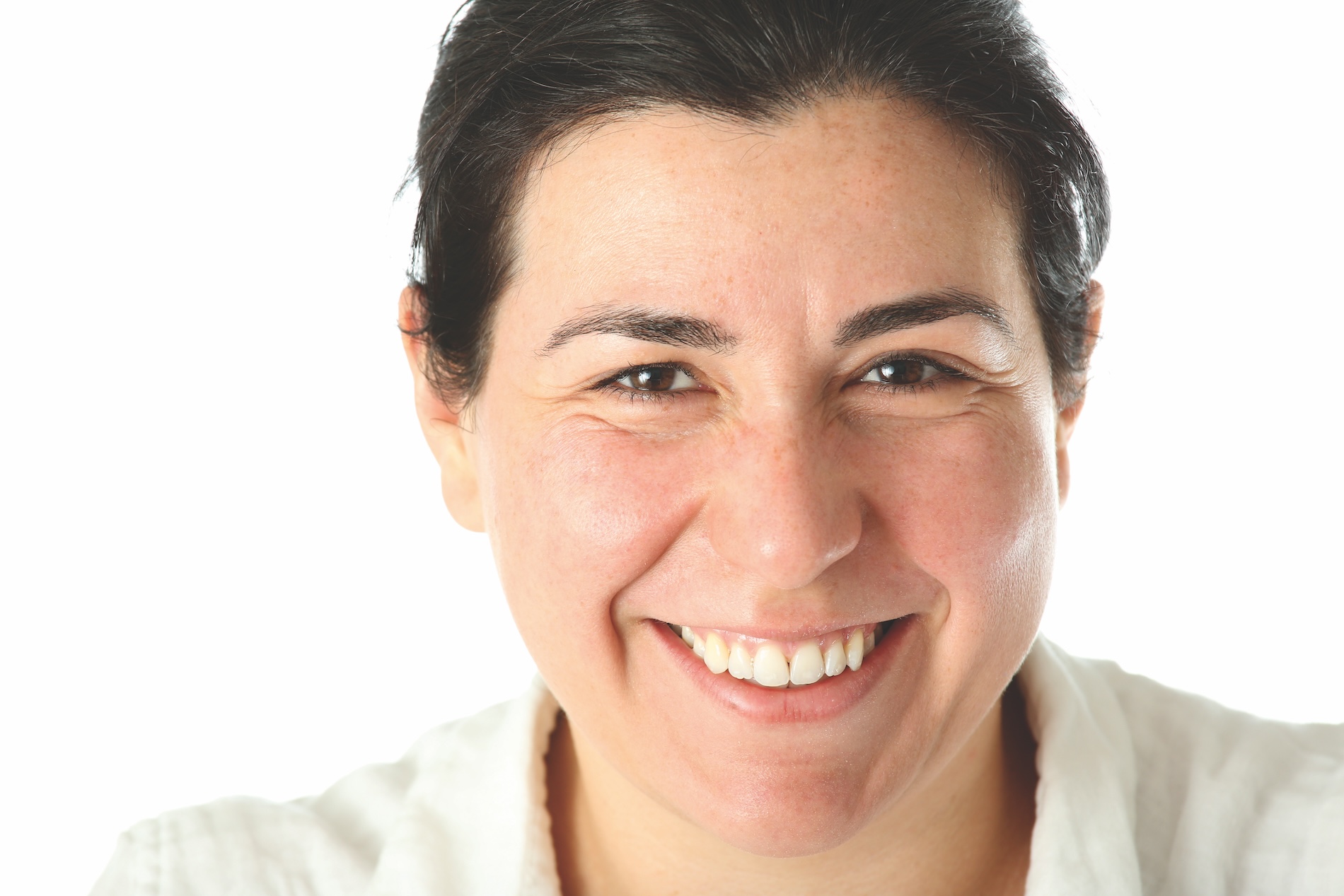
PhD Stanford University, 2008
Asimina Arvanitaki (PhD Stanford University, 2008) is the Stavros Niarchos Foundation Aristarchus Chair in Theoretical Physics at Perimeter Institute, where she has been a faculty member since 2014. She previously held research positions at the Lawrence Berkeley National Laboratory at the University of California, Berkeley (2008-11) and the Stanford Institute for Theoretical Physics at Stanford University (2011-14). Arvanitaki is a particle physicist who specializes in designing new experiments to test fundamental theories beyond the Standard Model. These experiments rely on the latest developments in metrology, such as atomic clocks and the optical trapping and cooling of macroscopic objects. She recently pioneered a new experiment that can look for new spin-dependent forces in nature at an unprecedented level of precision. Arvanitaki has also shown how astrophysical black holes can diagnose the presence of new particles through the process of black hole superradiance, giving signatures that can appear in LIGO or any future gravitational wave telescope. She was co-awarded the 2017 New Horizons in Physics Prize by the Breakthrough Prize Foundation and, in 2022, was awarded the CAP-TRIUMF Vogt Medal.
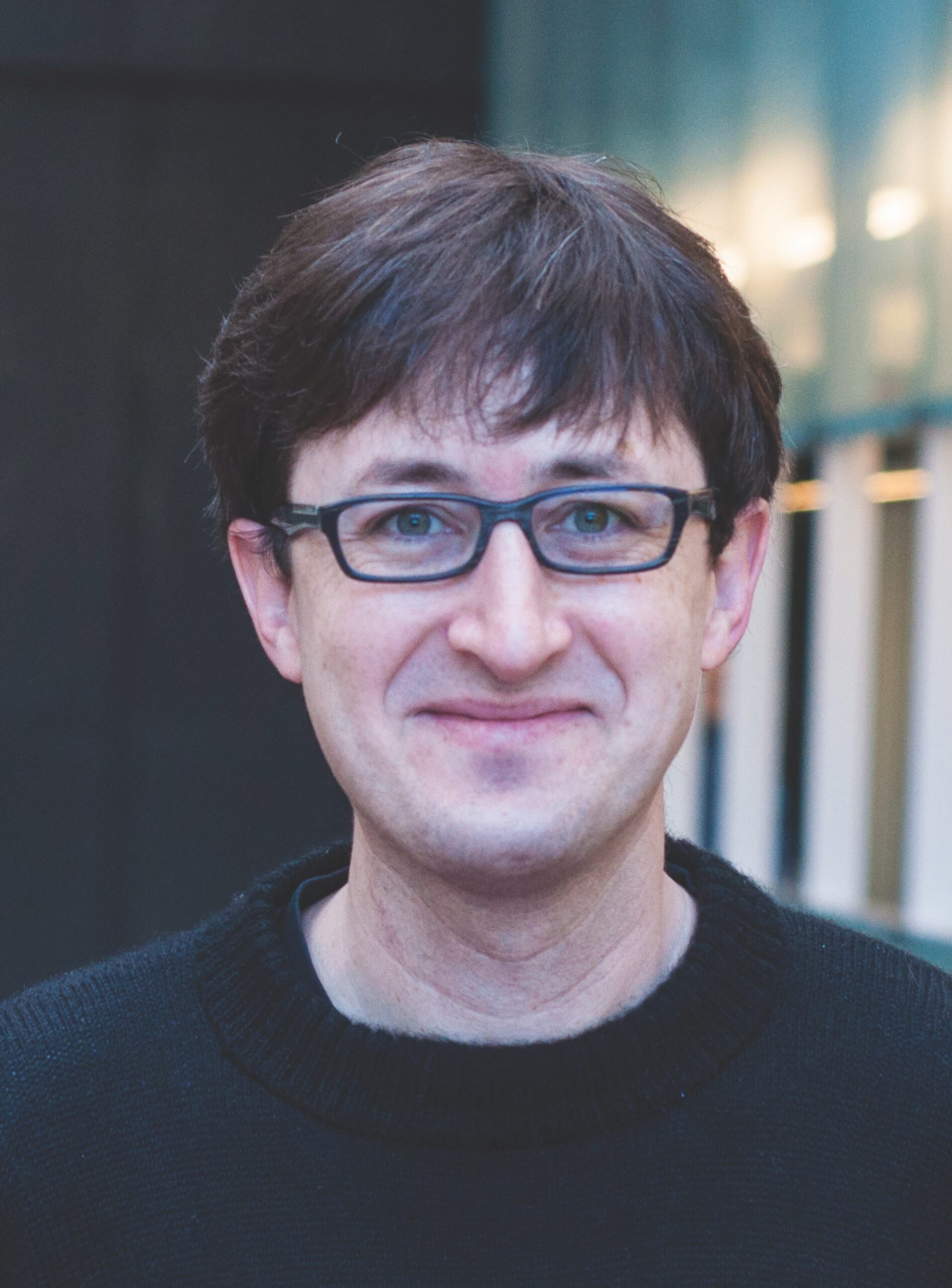
PhD Princeton University, 2006
Latham Boyle (PhD Princeton University, 2006) joined the Institute’s faculty in 2010. From 2006 to 2009, he held a Canadian Institute for Theoretical Astrophysics Postdoctoral Fellowship and was a junior fellow of the Canadian Institute for Advanced Research. In recent years, Boyle’s research interests have spanned a number of topics in cosmology, fundamental physics, and mathematical physics. In cosmology, he recently proposed and has been developing (with Neil Turok) a new cosmological model in which the big bang is a kind of mirror and the universe before the bang is the CPT mirror image of the universe after the bang. This line of thought leads to rigid new explanations for a number of observed features of our universe (including its homogeneity, isotropy, and flatness; the arrow of time; dark matter; and several properties of the primordial perturbations, along with a clue to why the cosmological constant is so mysteriously small). In fundamental physics, he recently pointed out an intriguing new connection between certain patterns in the Standard Model of particle physics and the structure of a remarkable mathematical object called the exceptional Jordan algebra. With Kendrick Smith, he introduced “choreographic crystals,” which are new types of “crystals” in which the basic elements perform a choreographed dance that can have much higher symmetry than any instantaneous snapshot reveals. With Paul Steinhardt, he found all “Penrose-like tilings” (cousins of the famous Penrose tiling) in all dimensions. With Madeline Dickens and Felix Flicker, he discovered that the regular tessellations of hyperbolic space (which play a central role in the burgeoning field of “discrete holography”) induce self-similar quasiperiodic tilings (like the Penrose tiling) at the boundary of hyperbolic space and pointed out their importance for discrete holography.
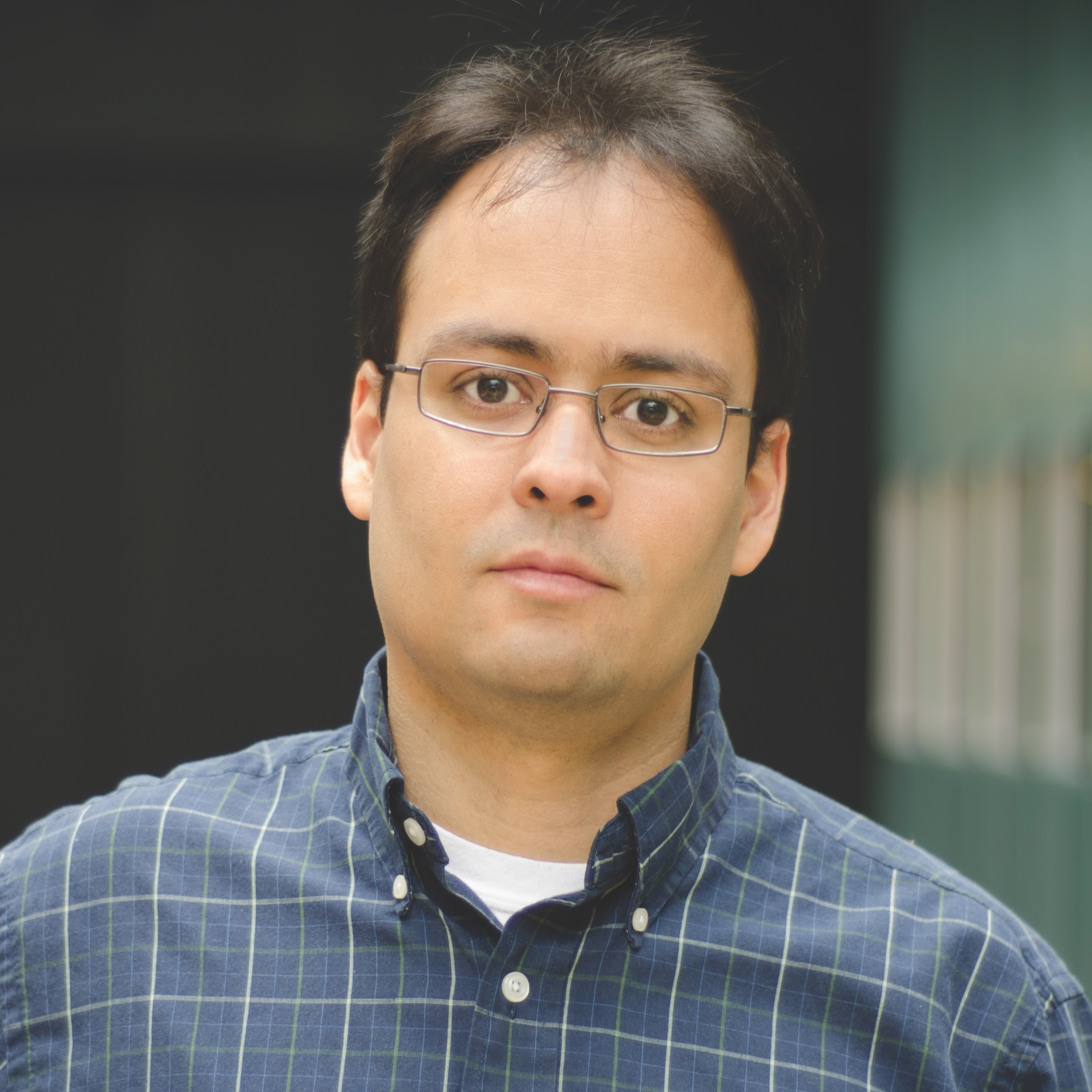
PhD Harvard University, 2002
Freddy Cachazo (PhD Harvard University, 2002) is the Gluskin Sheff / Onex Freeman Dyson Chair in Theoretical Physics at Perimeter Institute, where he has been a faculty member since 2005. Cachazo is one of the world’s leading experts in the study and computation of scattering amplitudes in gauge theories, such as quantum chromodynamics and N=4 super Yang-Mills, and in Einstein’s gravity theory. His many honours include the Gribov Medal of the European Physical Society (2009), the Rutherford Memorial Medal in Physics from the Royal Society of Canada (2011), the Herzberg Medal from the Canadian Association of Physicists (2012), a New Horizons in Physics Prize from the Fundamental Physics Prize Foundation (2014), and the CAP-CRM Prize in Theoretical and Mathematical Physics from the Canadian Association of Physicists and the Centre de Recherches Mathématiques (2016). In 2018, he was selected to inaugurate Harvard’s Center of Mathematical Sciences and Applications lecture series on mathematical physics in honour of Raoul Bott.
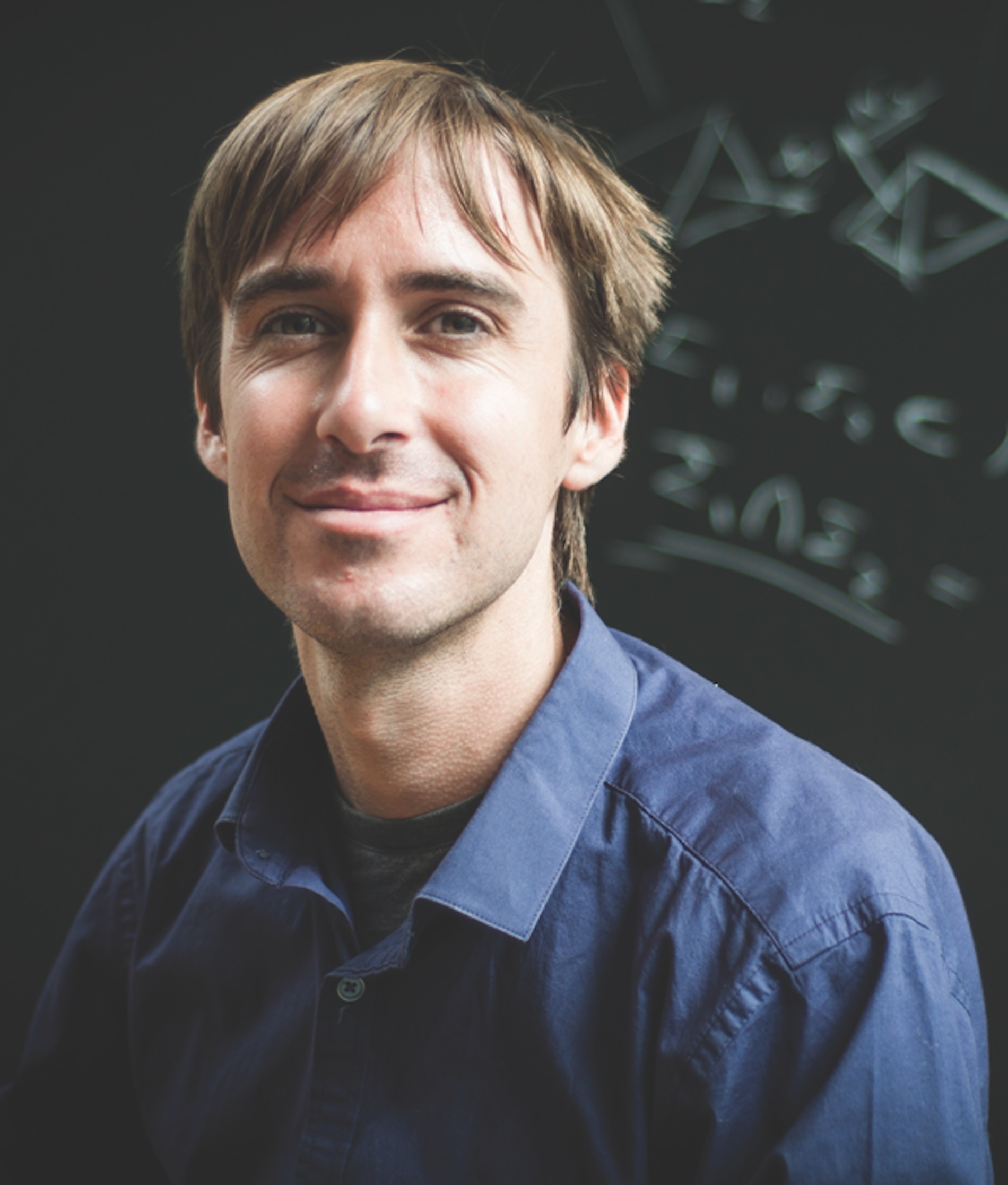
PhD University of Cambridge, 2003
Kevin Costello (PhD University of Cambridge, 2003) is the Krembil William Rowan Hamilton Chair in Theoretical Physics. He joined Perimeter in 2014 from Northwestern University, where he had been a faculty member since 2006. Costello works on the mathematical aspects of quantum field theory and string theory. He is the author of Renormalization and Effective Field Theory, a path-breaking monograph introducing powerful new mathematical tools into the theory of quantum fields, and co-author of Factorization Algebras in Quantum Field Theory. Costello’s many honours include an Alfred P. Sloan Research Fellowship and the Berwick Prize of the London Mathematical Society. In 2018, he was elected as a fellow of the Royal Society (UK). In 2020, he was awarded the Leonard Eisenbud Prize of the American Mathematical Society and was elected an Honorary Member of the Royal Irish Academy. In 2022, he received the John L. Synge Award from the Royal Society of Canada for outstanding research in mathematical sciences.
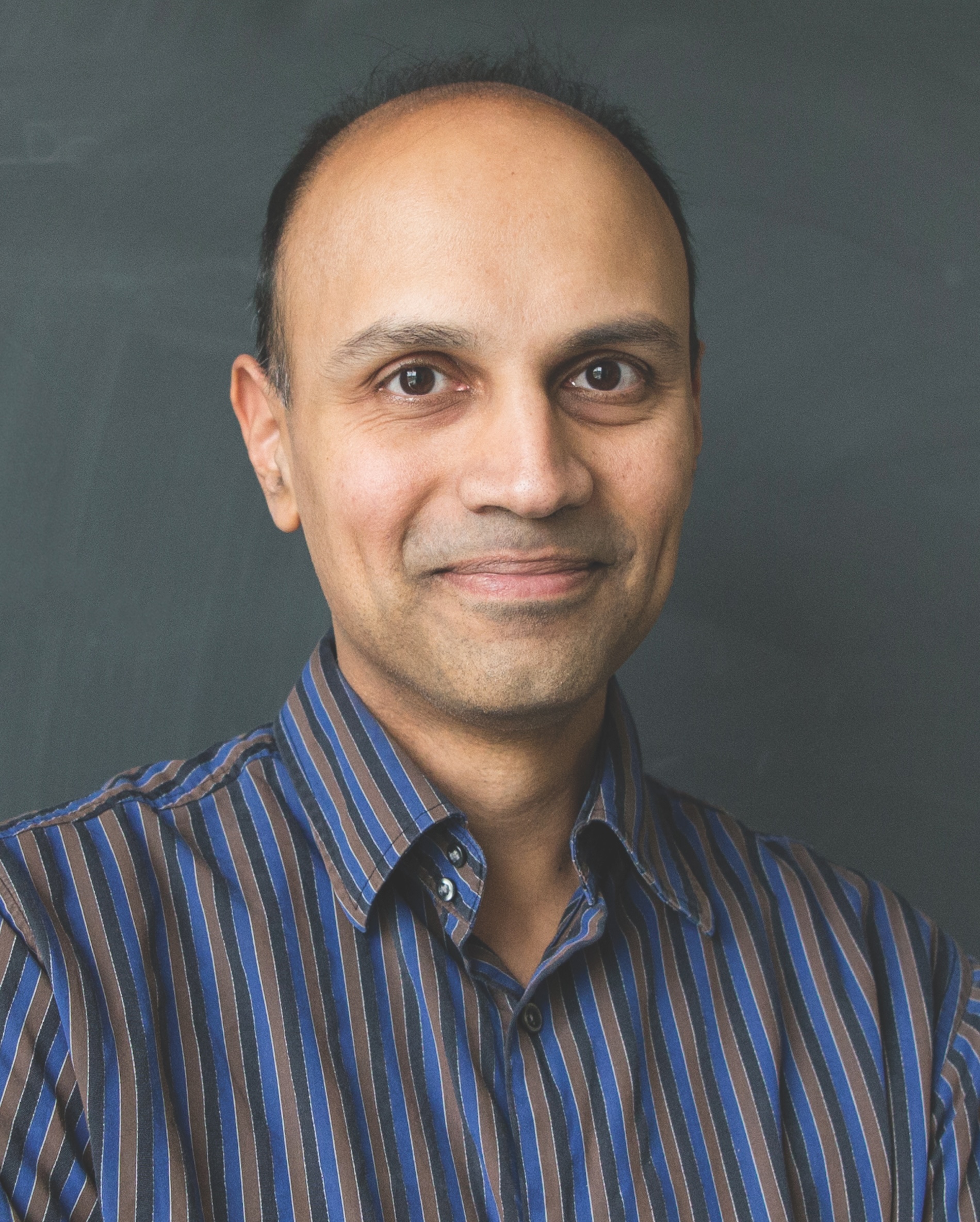
PhD University of California, San Diego, 2002
Neal Dalal (PhD University of California, San Diego, 2002) joined Perimeter in October 2017 from the University of Illinois Urbana-Champaign, where he had been an assistant professor since 2011. Prior to that, he was a postdoctoral researcher at the Institute for Advanced Study and a senior research associate at the Canadian Institute for Theoretical Astrophysics. His research probes the fundamental physics of cosmology, the structure of the universe, and the formation of galaxies, and he has pioneered several tests of the nature of dark matter using cosmological data.

PhD Max Planck Institute for Gravitational Physics, 2005
Bianca Dittrich (PhD Max Planck Institute for Gravitational Physics, 2005) joined Perimeter’s faculty in 2012 from the Albert Einstein Institute in Potsdam, Germany, where she led the Max Planck Research Group “Canonical and Covariant Dynamics of Quantum Gravity.” Dittrich became the Perimeter Faculty Chair in July 2023. Dittrich’s research focuses on the construction and examination of quantum gravity models and related topics in mathematical physics. Among other important findings, she has provided a computational framework for gauge invariant observables in general relativity, constructed new realizations of quantum geometry, identified holographic properties of background independent quantum gravity, and made crucial contributions to establish the continuum limit in spin foams. Dittrich has received the Otto Hahn Medal of the Max Planck Society, which recognizes outstanding young scientists; an Early Researcher Award from the Ontario Ministry of Research and Innovation; and an NSERC (Natural Sciences and Engineering Research Council of Canada) Discovery Accelerator Award.
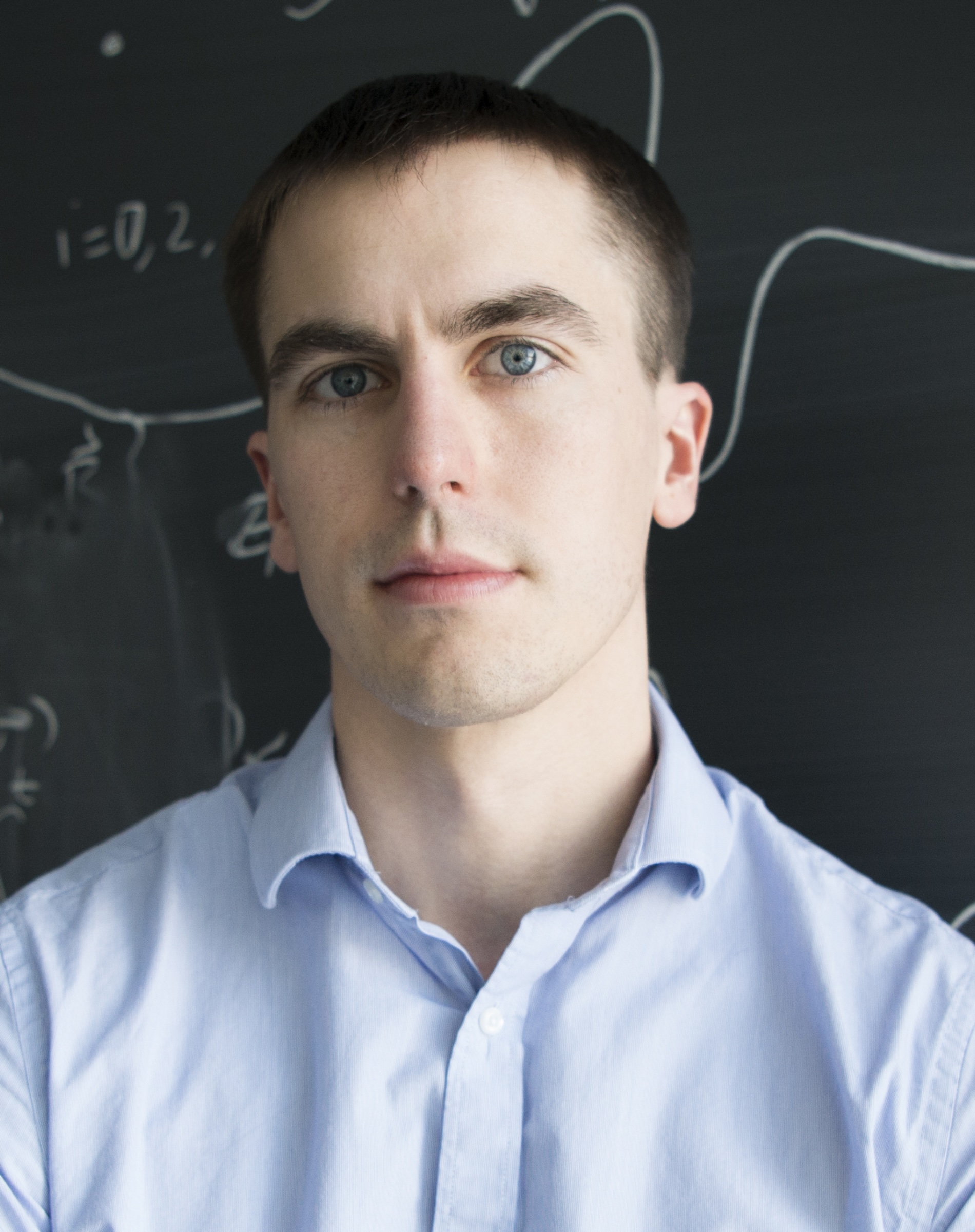
PhD Princeton University, 2013
William East (PhD Princeton University, 2013) joined Perimeter as a Director’s fellow in 2016 and became a member of the faculty in January 2018. Prior to that, he was a postdoctoral fellow at the Kavli Institute for Particle Astrophysics and Cosmology at Stanford University (2013-16). East uses numerical methods and high-performance computing to study violent astrophysical phenomena – such as black hole mergers and the collision of dense stars – as a probe of extreme gravity and new fundamental physics. For his thesis, he was awarded the Nicholas Metropolis Award of the American Physical Society (2015) and the Jürgen Ehlers Prize of the International Society on General Relativity and Gravitation (2016).

PhD University of California, Santa Barbara, 2018
Dominic Else (PhD University of California, Santa Barbara, 2018) joined Perimeter in 2022 and is collaborating with scientists at the Institute’s Clay Riddell Centre for Quantum Matter. He has recently completed a research term at Harvard University. In 2021, Else won the New Horizons in Physics Prize from the Breakthrough Prize Foundation for his “pioneering theoretical work formulating novel phases of non-equilibrium quantum matter, including time crystals.”

PhD Princeton University, 2004
Davide Gaiotto (PhD Princeton University, 2004) holds the Krembil Galileo Galilei Chair in Theoretical Physics. He joined Perimeter in 2012. Previously, he was a postdoctoral fellow at Harvard University (2004-07) and a long-term member at the Institute for Advanced Study in Princeton (2007-12). Gaiotto works in the area of strongly coupled quantum fields and has made major conceptual advances. His honours include the Gribov Medal of the European Physical Society (2011) and the New Horizons in Physics Prize from the Fundamental Physics Prize Foundation (2013). He is also one of the principal investigators in the Simons Collaboration on Confinement and QCD Strings.
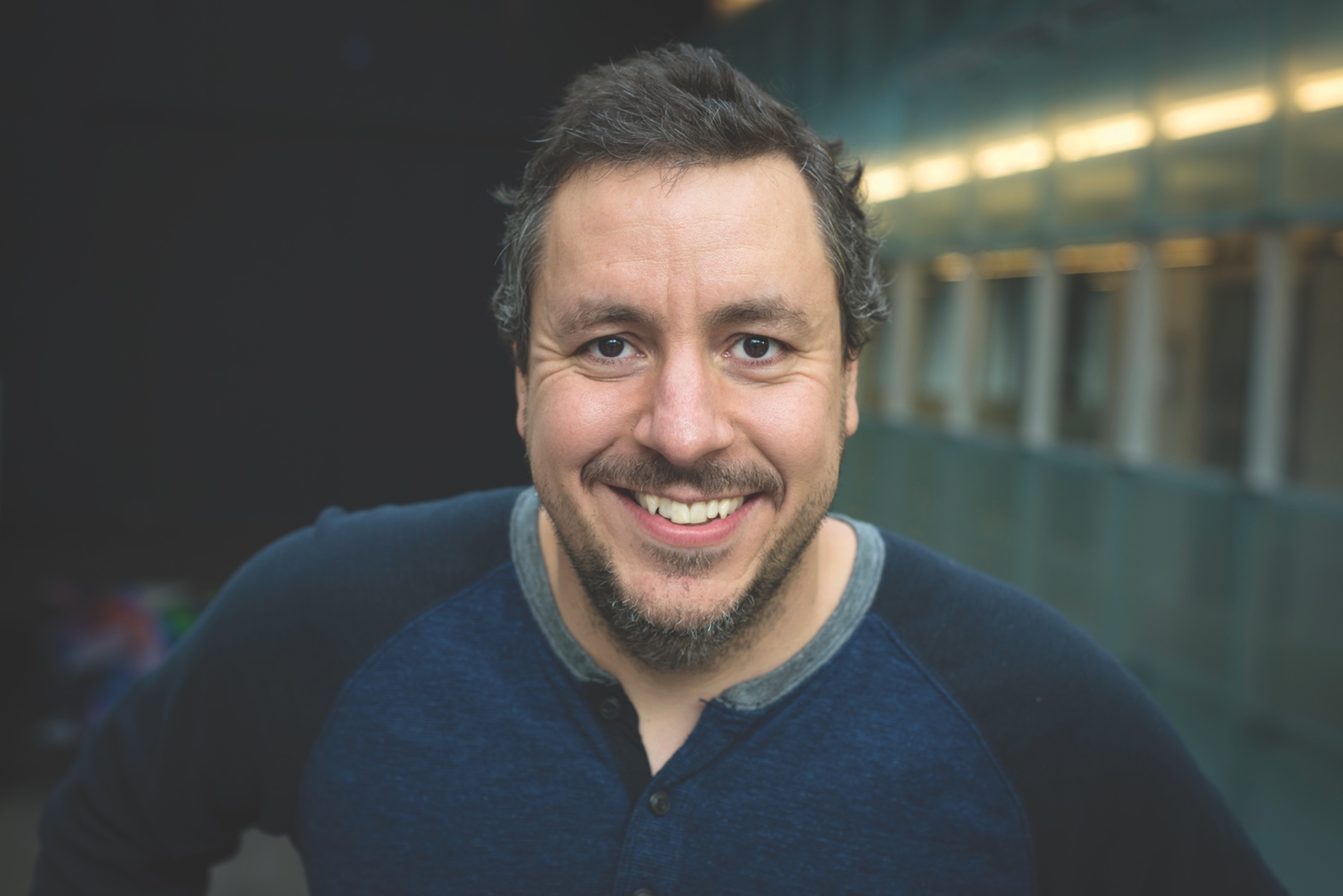
PhD Rutgers University, 1999
Jaume Gomis (PhD Rutgers University, 1999) joined Perimeter Institute in 2004, declining a European Young Investigator Award by the European Science Foundation to do so. Prior to that, he worked at the California Institute of Technology as a postdoctoral scholar and as the Sherman Fairchild Senior Research Fellow. His main areas of expertise are string theory, quantum field theory, and mathematical physics. Gomis was awarded an Early Researcher Award from the Ontario Ministry of Research and Innovation for a project aimed at developing new techniques for describing quantum phenomena in nuclear and particle physics. In 2019, Gomis was awarded the CAP-CRM Prize in Theoretical and Mathematical Physics from the Canadian Association of Physicists and the Centre de Recherches Mathématiques for his contributions to string theory and strongly coupled gauge theories.

PhD University of Durham, 1992
Lucien Hardy (PhD University of Durham, 1992) joined Perimeter’s faculty in 2002, having previously held research and lecturing positions at various European universities, including the University of Oxford, Sapienza University of Rome, the University of Durham, the University of Innsbruck, and the National University of Ireland. In 1992, he found a very simple proof of non-locality in quantum theory, which has become known as Hardy’s paradox. He has worked on characterizing quantum theory in terms of operational postulates and providing operational reformulations of both quantum theory and general relativity. This is seen as a stepping stone en route to finding a theory of quantum gravity. He proposed the quantum equivalence principle, seen as a possible bridge between quantum field theory and quantum gravity. Most recently, he has worked on a time symmetric operational formulation of quantum theory.
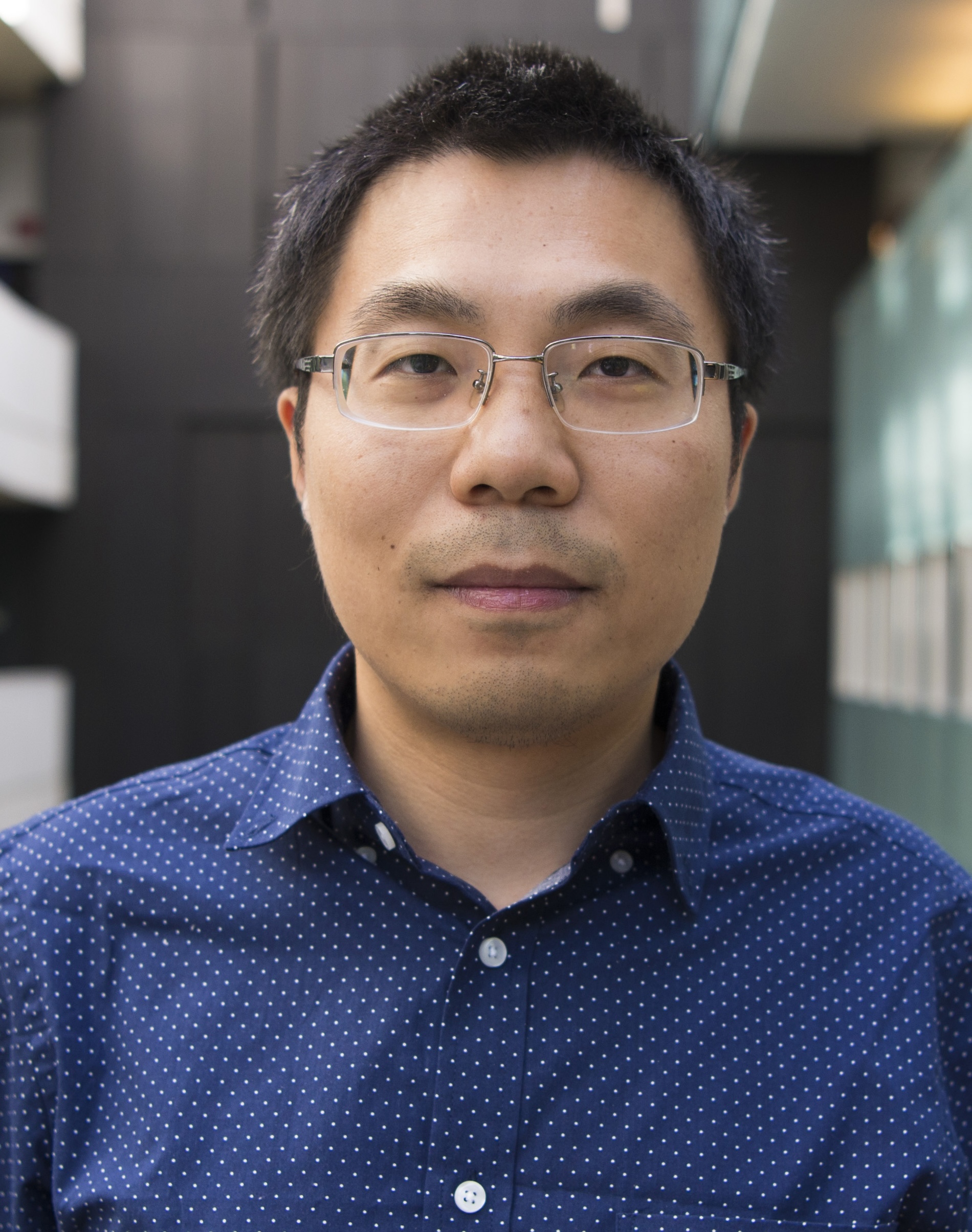
PhD Fudan University, 2014
Yin-Chen He (PhD Fudan University, 2014) joined Perimeter in July 2018 from Harvard University, where he had been a Moore Postdoctoral Fellow since 2016. Prior to that, he spent two years as a postdoctoral researcher at the Max Planck Institute for the Physics of Complex Systems. He is a condensed matter researcher interested in strongly correlated systems, particularly quantum spin liquids, quantum criticality, conformal field theory, topological phases of matter, quantum field theory, and numerical simulations.
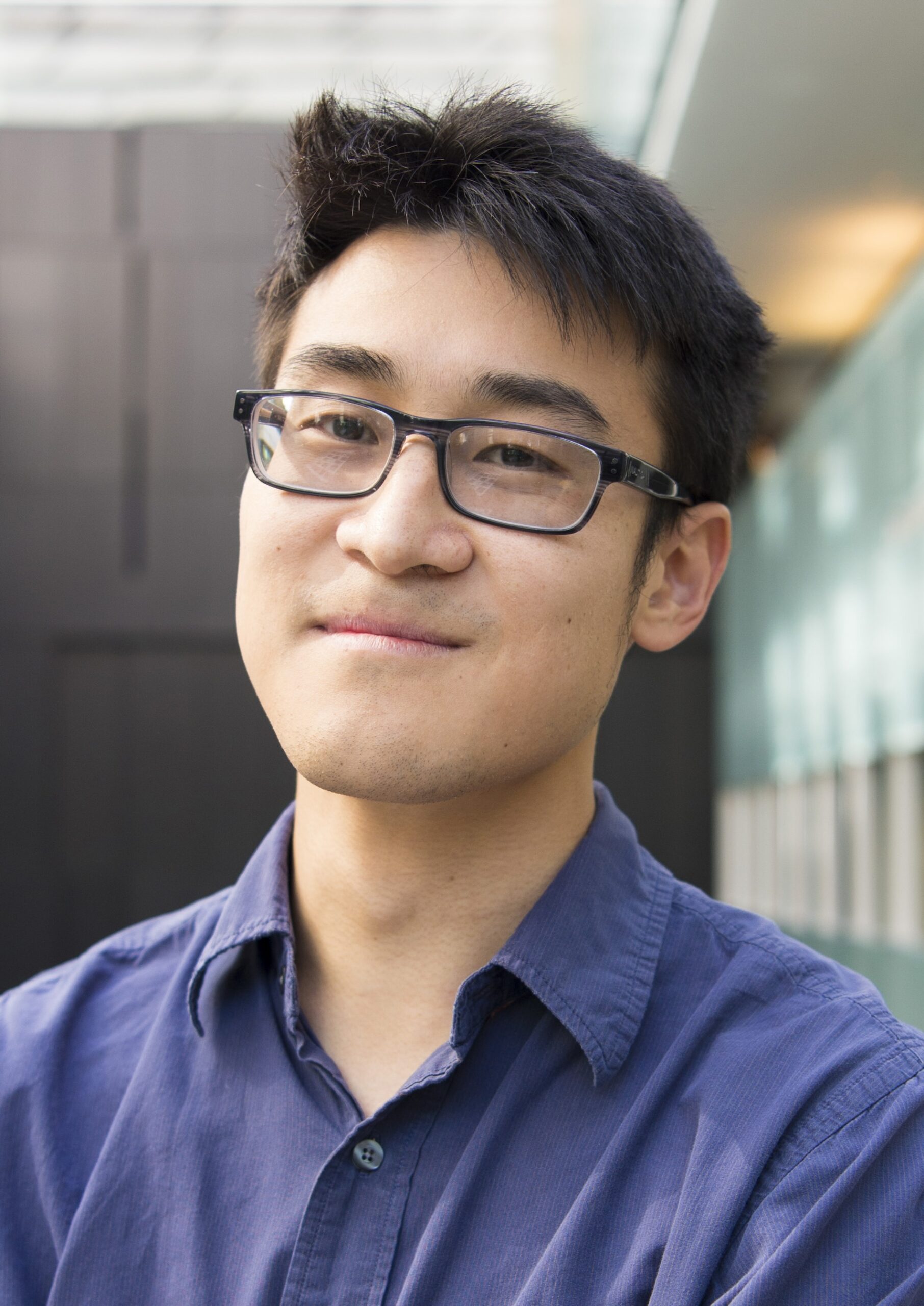
PhD Massachusetts Institute of Technology, 2015
Timothy Hsieh (PhD Massachusetts Institute of Technology, 2015) joined Perimeter in March 2018 from the Kavli Institute for Theoretical Physics at the University of California, Santa Barbara, where he had been a Moore Postdoctoral Fellow since 2015. Hsieh is the Director of Perimeter’s Clay Riddell Centre for Quantum Matter. His research focuses on exotic states of matter whose physical behaviours are dictated by the mathematical structures of topology. His research interests also include quantum materials, entanglement, and applications of synthetic quantum systems for quantum simulation. He is also the recipient of an Early Researcher Award from the Ontario Ministry of Colleges and Universities.

PhD Stanford University, 2017
Junwu Huang (PhD Stanford University, 2017) joined Perimeter as a postdoctoral researcher in 2017 and became a member of the faculty in June 2022. He designs novel small-scale experiments to look for light weakly-coupled particles as dark matter in the universe, and new searches based on astrophysical and cosmological observations for new physics motivated by string theory, including axions, cosmic strings, and new vacua in the landscape.
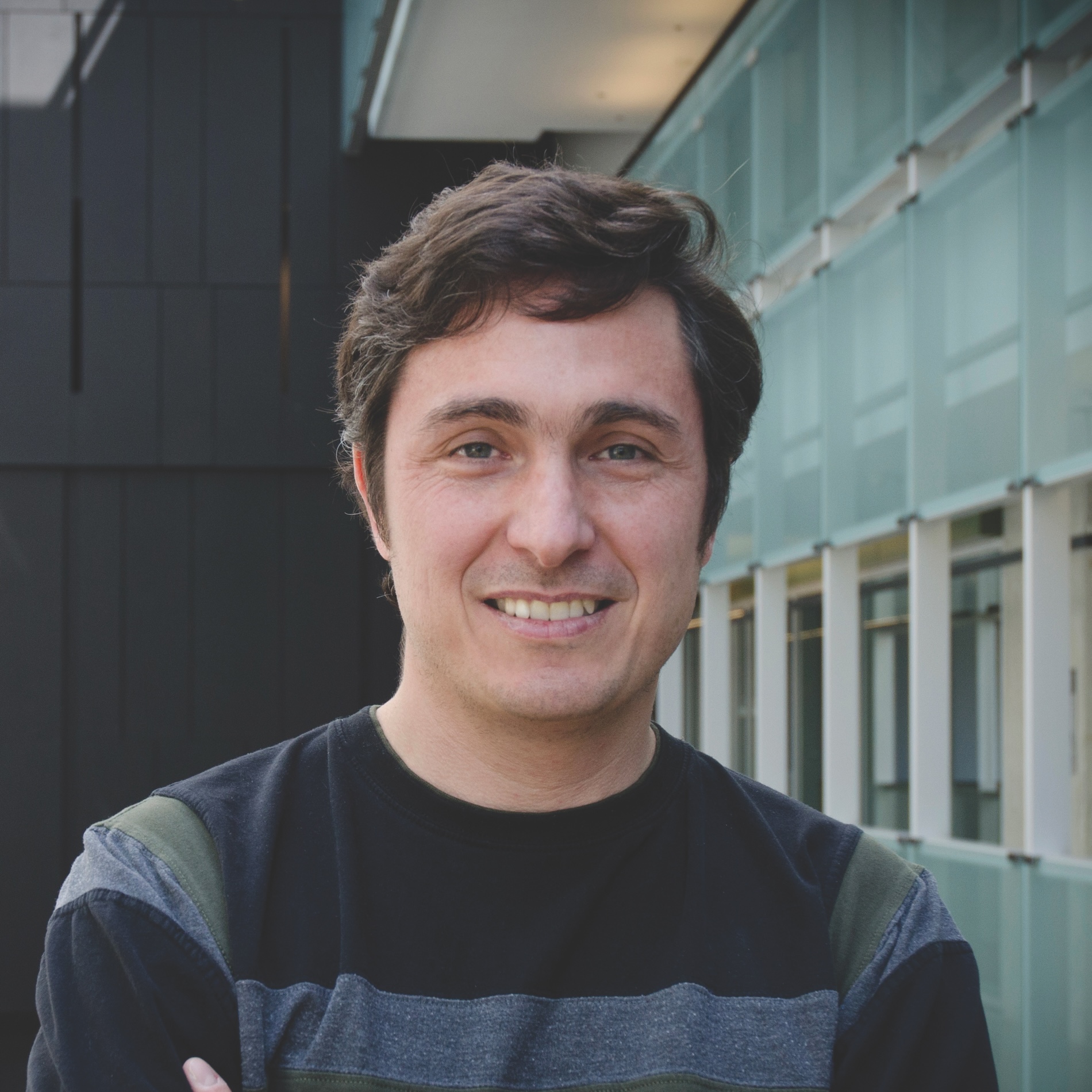
PhD University of Pittsburgh, 1998
Luis Lehner (PhD University of Pittsburgh, 1998) began a joint appointment with Perimeter and the University of Guelph in 2009, joined Perimeter as a full-time faculty member in 2012, served as Deputy Faculty Chair from 2014 to 2017, and as Faculty Chair from March 2018 to 2021. He was previously a member of Louisiana State University’s faculty (2002-09). Lehner’s many honours include the Honor Prize from the National University of Cordoba, Argentina; a Mellon pre-doctoral fellowship; the CGS/UMI outstanding dissertation award; and the APS Nicholas Metropolis award. He has been a Pacific Institute for the Mathematical Sciences Fellow, a Canadian Institute for Theoretical Astrophysics National Fellow, and a Sloan Research Fellow, and he is currently a fellow of the Institute of Physics, the American Physical Society, and the International Society for General Relativity and Gravitation. He is also a co-director of the Canadian Institute for Advanced Research program Gravity and the Extreme Universe. Lehner also serves on the Scientific Council of the International Centre for Theoretical Physics – South American Institute for Fundamental Research and the Oskar Klein Centre of the University of Stockholm. He is also the theorist in residence for the Gravitational Wave International Committee. In 2019, he was named as one of TD’s 10 Most Influential Hispanic Canadians.

PhD University of British Columbia, 2021
Alex May (PhD University of British Columbia, 2021) joined Perimeter’s faculty in the summer of 2023. Before Perimeter, he was a postdoctoral scholar at Stanford (2021-23), where he worked in Patrick Hayden’s group and held a joint It from Qubit and Q-FARM fellowship. May’s research is at the interface of quantum information and quantum gravity. He has been particularly interested in the application of ideas in quantum cryptography to quantum gravity, which has led to new theorems in general relativity. Conversely, he has used ideas in quantum gravity to establish new connections among subjects in cryptography.
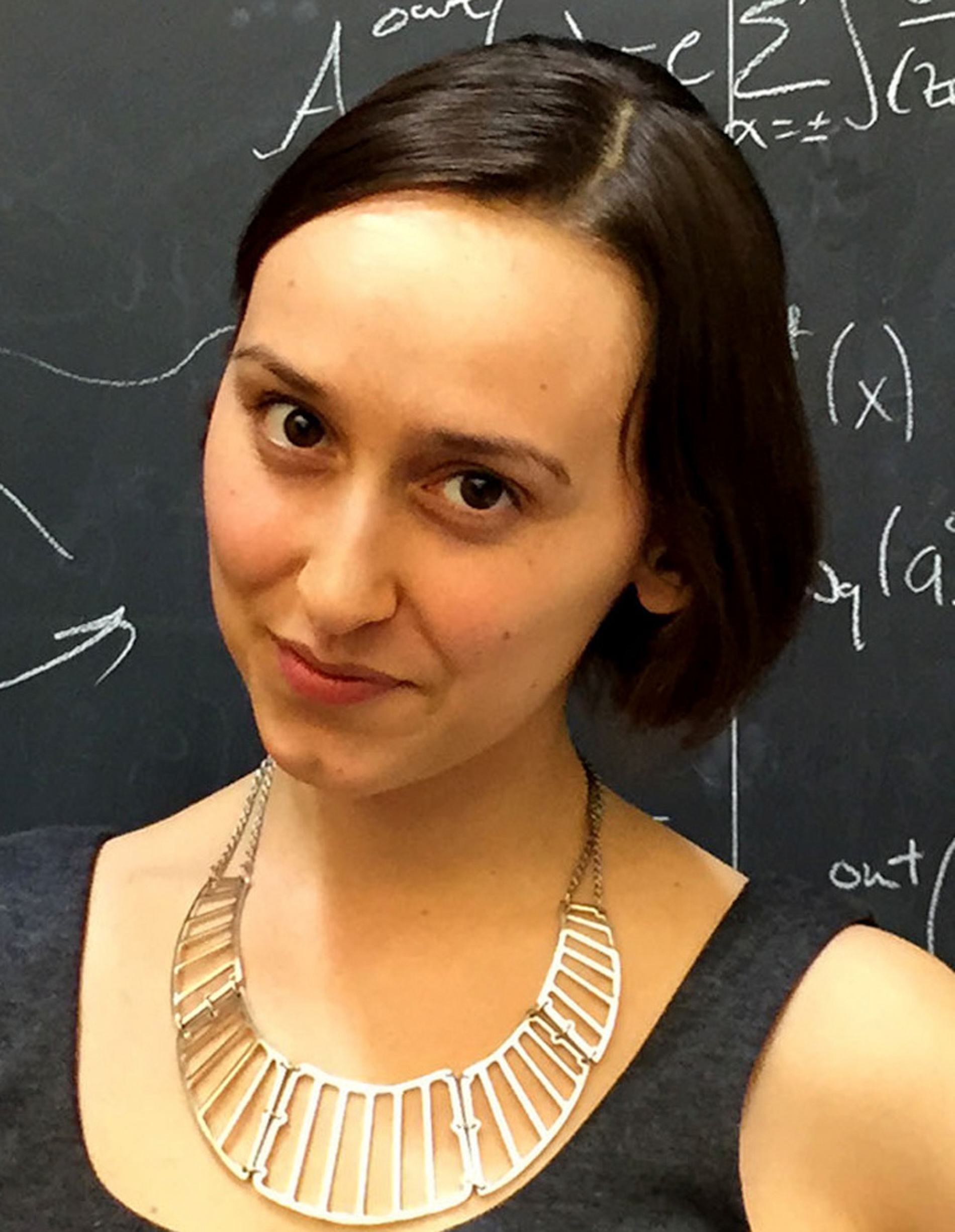
PhD Harvard University, 2019
Sabrina Gonzalez Pasterski (PhD Harvard University, 2019) is a high energy theorist who joined the Perimeter faculty in 2021 after completing a postdoctoral fellowship at the Princeton Center for Theoretical Science. Her research prior to joining Perimeter includes discovering infinite dimensional symmetry enhancements of the S-matrix, a new observable memory effect in gravity, and a framework for generalizing these features of infrared physics to other theories. As the founder and principal investigator of Perimeter’s new Celestial Holography Initiative, she is leading a team of amplitudes, mathematical physics, and quantum gravity researchers in a concerted effort to tackle the problem of uniting our understanding of spacetime with quantum theory by encoding our universe as a hologram. She has recently been named deputy director of the newly formed Simons Collaboration on Celestial Holography.
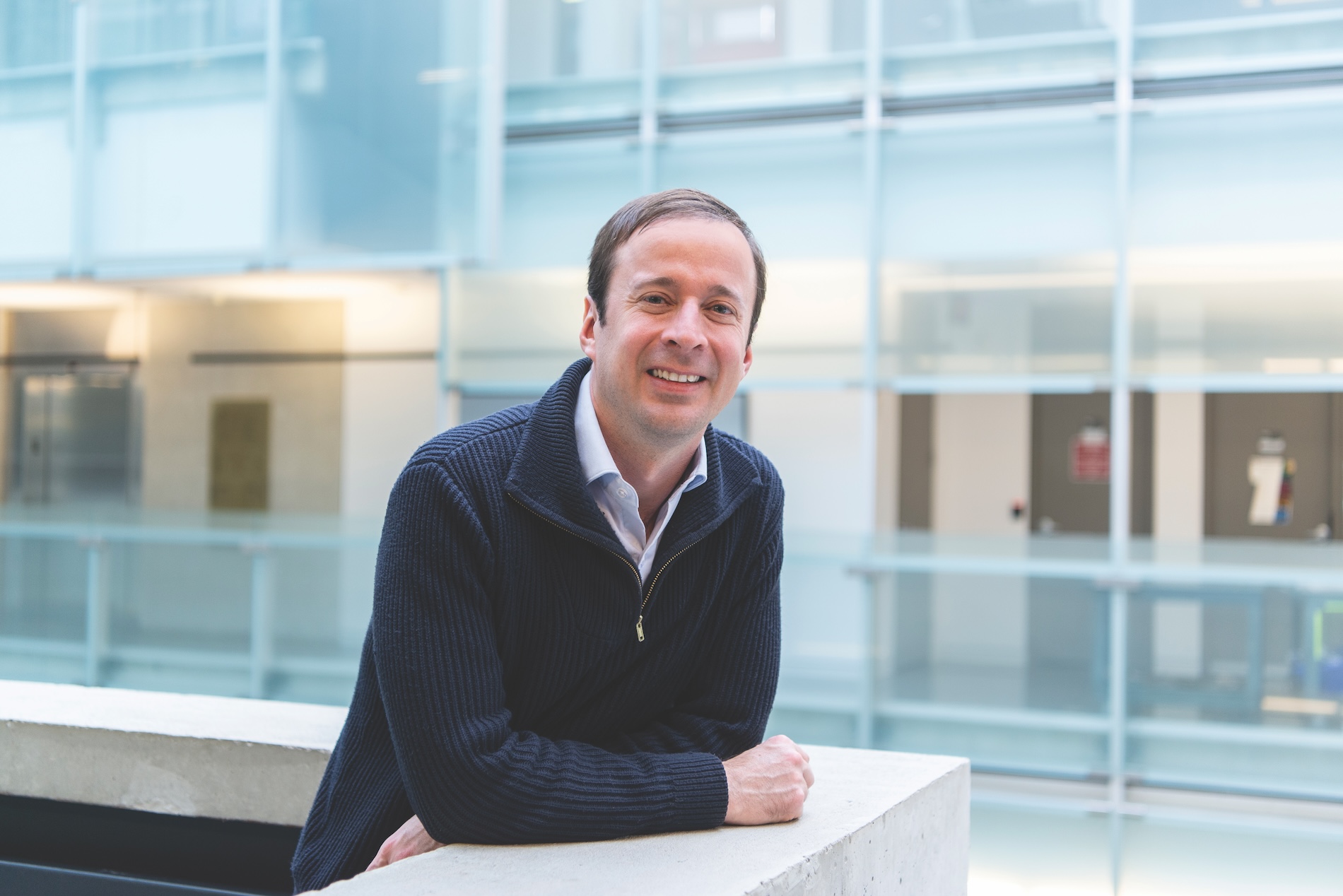
PhD University of Chicago, 2007
Kendrick Smith (PhD University of Chicago, 2007) is the Daniel Family James Peebles Chair in Theoretical Physics at Perimeter Institute, where he has been a faculty member since 2012. He is also the Director of Perimeter’s Centre for the Universe. He previously held postdoctoral positions at Princeton University (2009-12) and the University of Cambridge (2007-09). Smith is a cosmologist with a foot in the worlds of both theory and observation. He is a member of several experimental teams, including the Wilkinson Microwave Anisotropy Probe (WMAP) collaboration – which won the 2012 Gruber Cosmology Prize and the 2018 Breakthrough Prize in Fundamental Physics – as well as the Canadian Hydrogen Intensity Mapping Experiment (CHIME) and the Planck collaboration. He was awarded a 2020 New Horizons in Physics Prize, along with two colleagues. Smith has achieved several landmark results, including the first detection of gravitational lensing in the cosmic microwave background radiation. He holds a second PhD in mathematics from the University of Michigan.
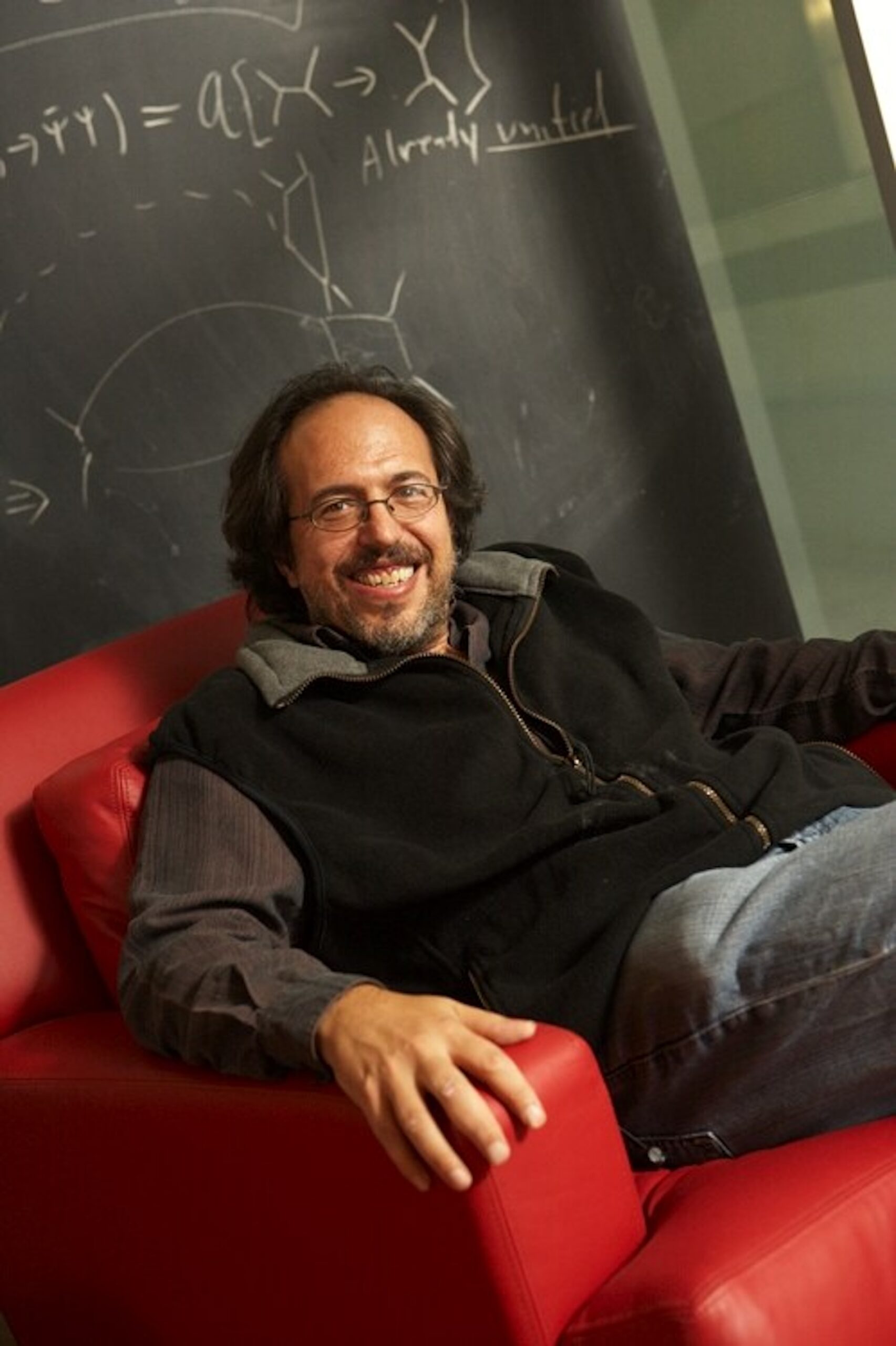
PhD Harvard University, 1979
Lee Smolin (PhD Harvard University, 1979) is one of Perimeter Institute’s founding faculty members. Prior to joining Perimeter, Smolin held faculty positions at Yale University, Syracuse University, and Pennsylvania State University. Smolin’s research is centred on the problem of quantum gravity – where he helped to found loop quantum gravity – though his contributions span many areas, including quantum foundations, cosmology, particle physics, the philosophy of physics, and economics. His 210 papers have generated more than 11,000 citations to date. He has written five non-technical books and co-written a book on the philosophy of time. Smolin’s honours include the Majorana Prize (2007), the Klopsteg Memorial Award (2009), the Buchalter Cosmology Prize (2014), and election as a fellow of both the American Physical Society and the Royal Society of Canada.
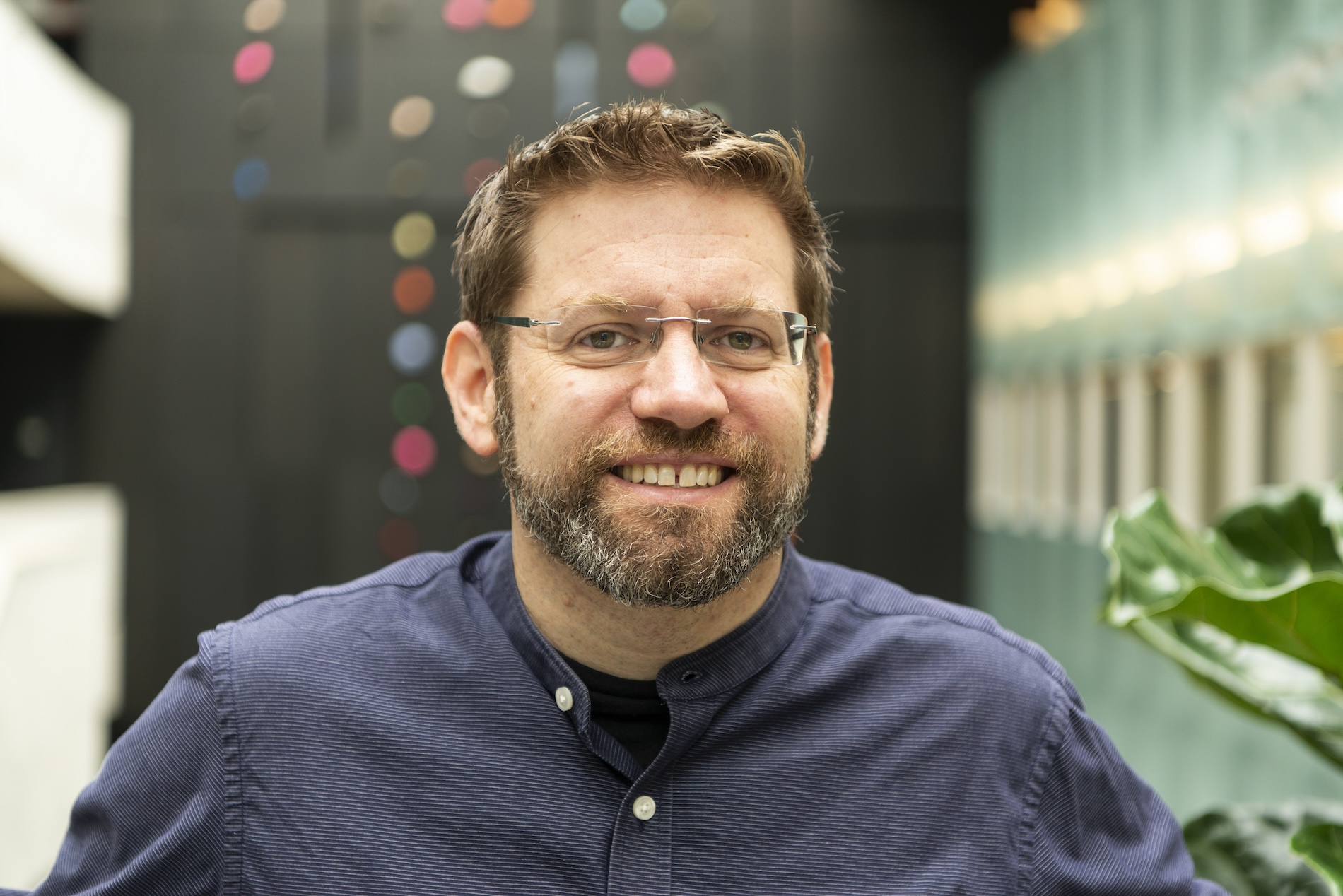
PhD University of Toronto, 2001
Robert Spekkens (PhD University of Toronto, 2001) joined Perimeter’s faculty in 2008, after holding an International Royal Society Fellowship at the University of Cambridge. His field of research is the foundations of quantum theory, where he is known for his work on the epistemic view of quantum states, the principle of non-contextuality, the nature of causality in a quantum world, and the quantification of various properties of quantum states as resources. Spekkens co-edited the book Quantum Theory: Informational Foundations and Foils, and he leads the Quantum Causal Inference Initiative at Perimeter. He was awarded the Birkhoff-von Neumann Prize of the International Quantum Structures Association in 2008 and won first prize in the 2012 Foundational Questions Institute essay contest, “Questioning the Foundations: Which of Our Assumptions Are Wrong?”
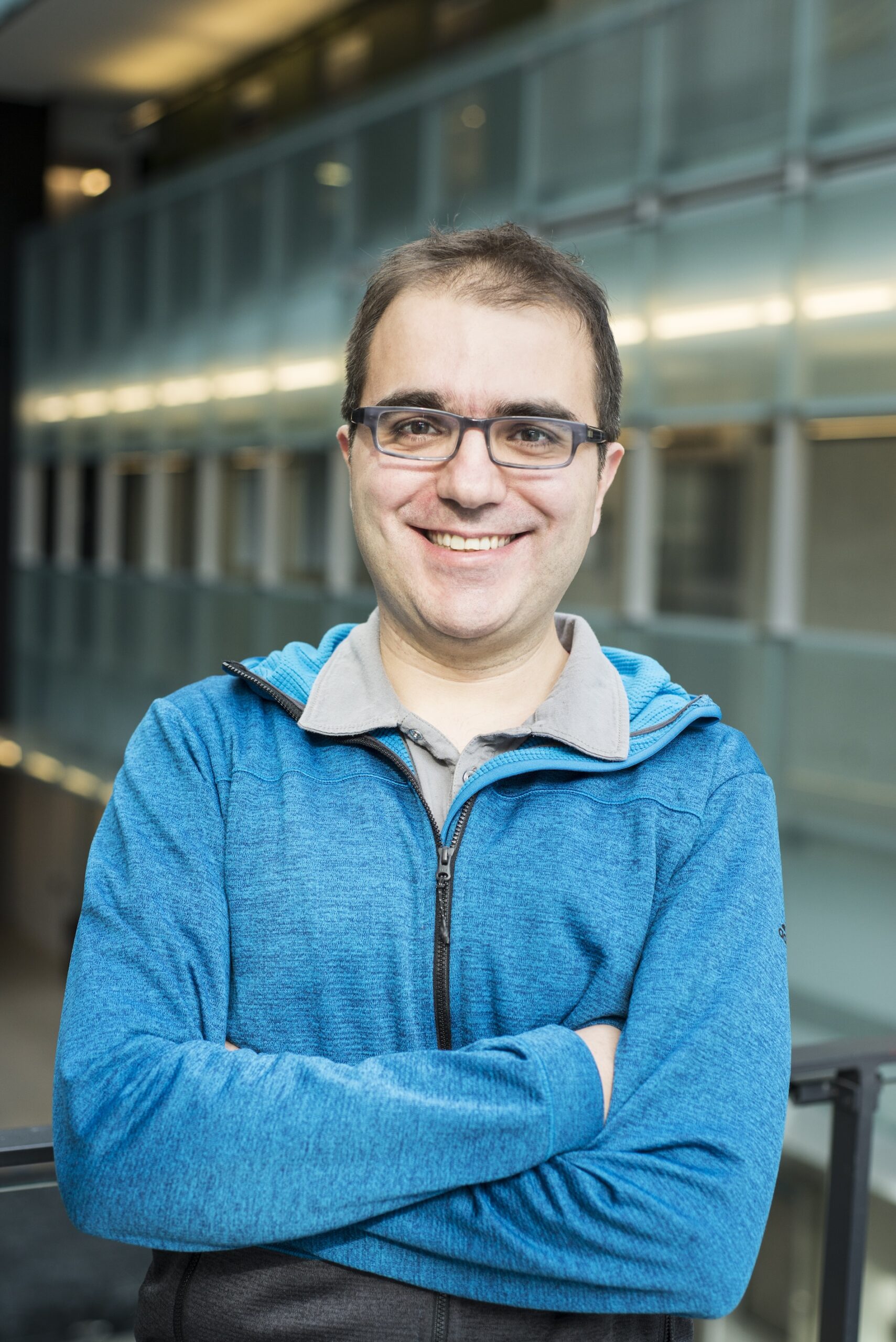
PhD École Normale Supérieure and the Theoretical Physics Center at the University of Porto, 2008
Pedro Vieira (PhD École Normale Supérieure and the Theoretical Physics Center at the University of Porto, 2008) is the Clay Riddell Paul Dirac Chair in Theoretical Physics at Perimeter Institute, where he has been a faculty member since 2009. Prior to that, he was a junior scientist at the Max Planck Institute for Gravitational Physics (Albert Einstein Institute) from 2008 to 2009. Vieira’s research concerns the development of new mathematical techniques for gauge and string theories in their non-perturbative regimes. He focuses both on a very special theory known as N=4 SYM as a workhouse for developing such tools and on the S-matrix bootstrap program, which constrains the possible space of all physical theory, in particular strongly coupled gauge and string theories. He is a principal investigator on the Simons Collaboration on the Non-perturbative Bootstrap. His many honours include a Sloan Research Fellowship, the Gribov Medal of the European Physical Society, the Raymond and Beverly Sackler International Prize in Physics from Tel Aviv University, and the 2020 New Horizons in Physics Prize.
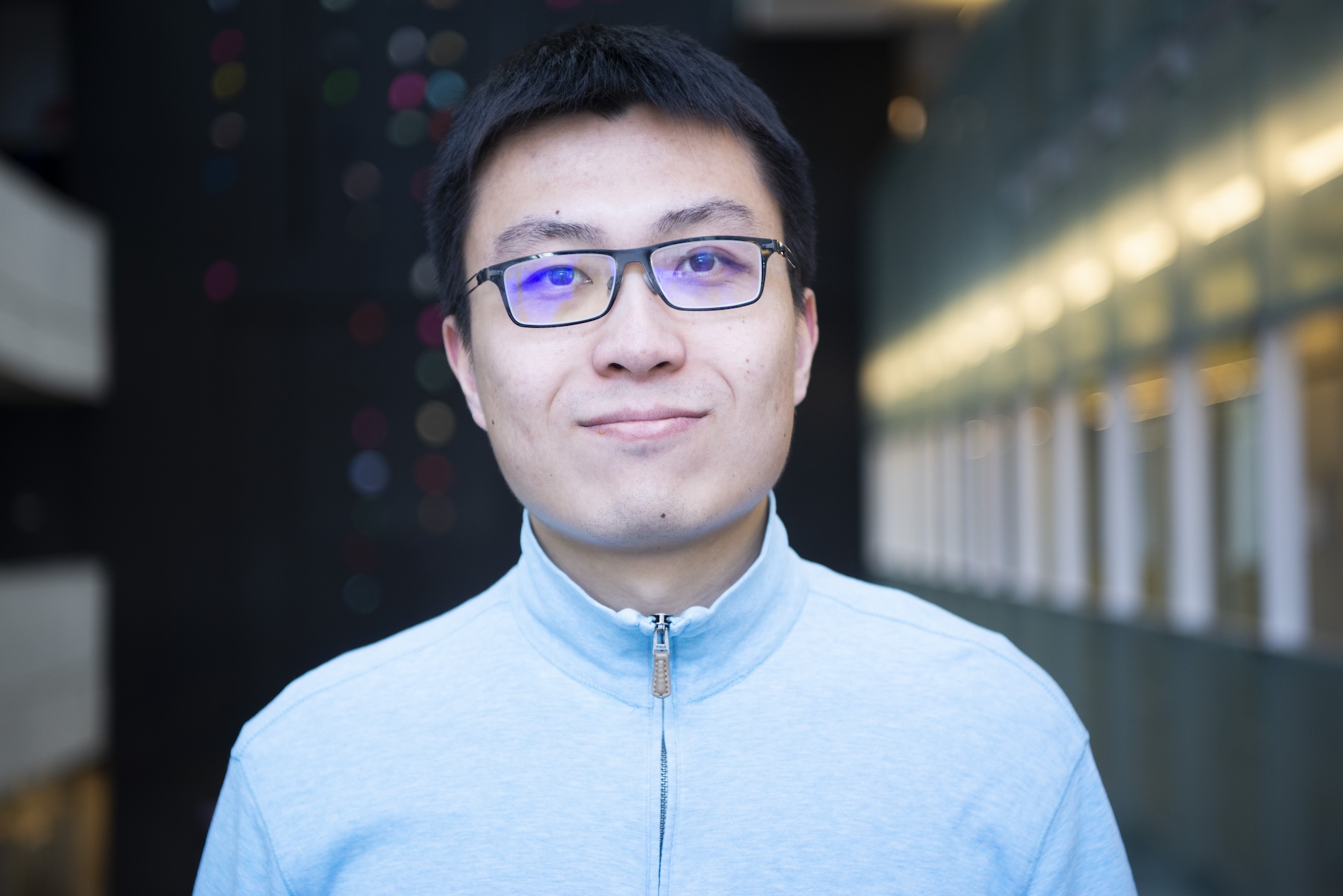
PhD Massachusetts Institute of Technology, 2015
Chong Wang (PhD Massachusetts Institute of Technology, 2015) joined Perimeter as a faculty member in 2018 from Harvard University, where he had been a junior fellow at the Harvard Society of Fellows since 2015. Wang works on the theory of quantum condensed matter physics, including topological phases of matter, quantum criticality, quantum Hall effects and spin liquids, and their relationship to modern aspects of quantum field theory.
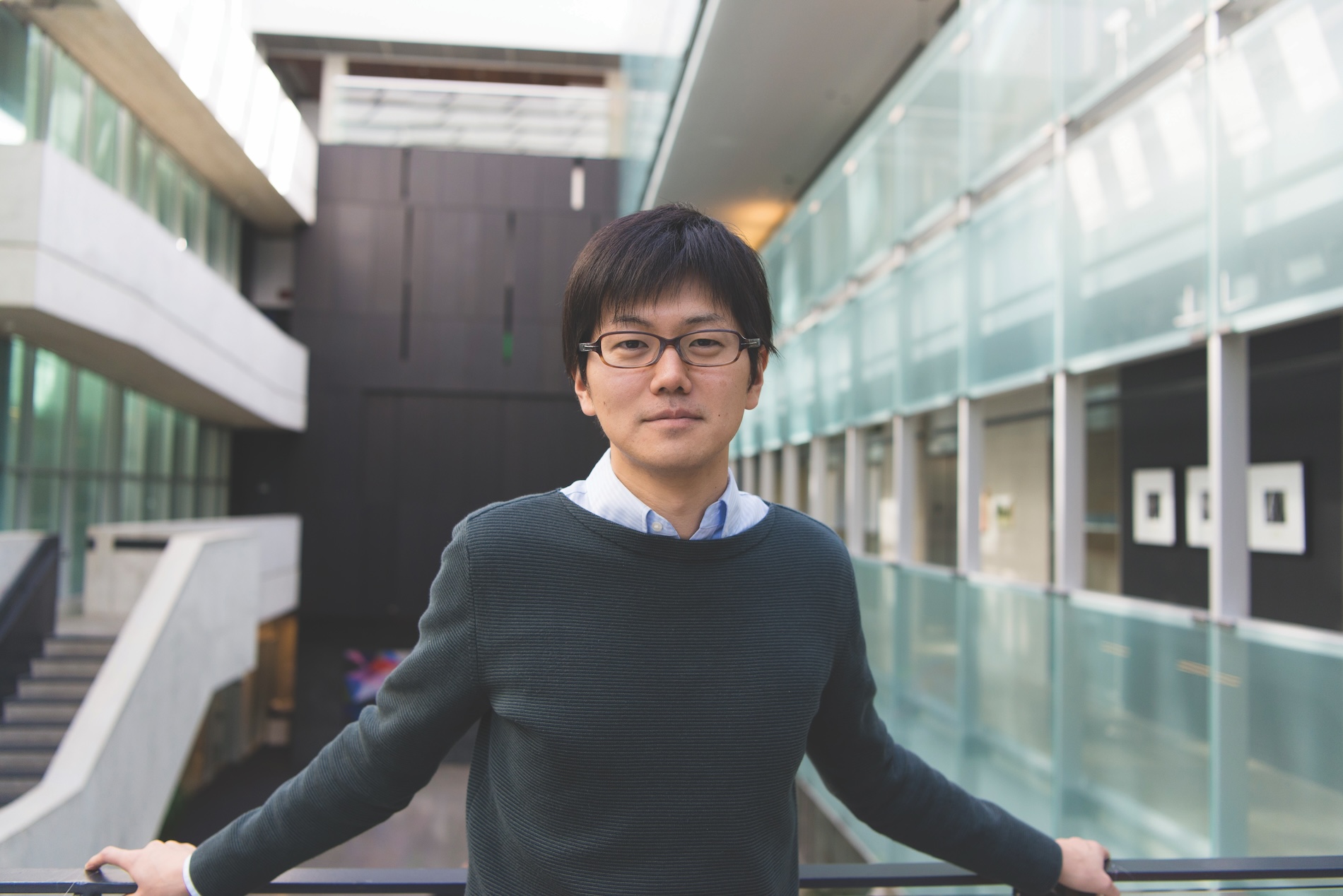
PhD Massachusetts Institute of Technology, 2012
Beni Yoshida (PhD Massachusetts Institute of Technology, 2012) joined Perimeter’s faculty in July 2017, having initially arrived at the Institute as a senior postdoctoral researcher in 2015. Prior to that, he was a Burke Fellow at the Institute for Theoretical Physics at the California Institute of Technology (2012-15), where he worked in John Preskill’s group. Yoshida’s research focuses on applications of quantum information theory to problems of quantum many-body physics and quantum gravity. In particular, he has used the techniques of quantum coding theory to construct toy models of the AdS/CFT correspondence and discovered information retrieval processes from black holes by using the quantum information scrambling phenomena.

PhD Yale University, 2021
Sisi Zhou (PhD Yale University, 2021) joined Perimeter Institute as a faculty member in September 2023. Prior to that, she was an IQIM (Institute for Quantum Information and Matter) Postdoctoral Scholar at the California Institute of Technology (2021-23), supervised by John Preskill. She earned her PhD from Yale University in 2021, supervised by Liang Jiang. Her research interests centre on theoretical quantum information science, with specific focuses on quantum metrology and quantum error correction. In particular, her research has demonstrated how quantum error correction can achieve the ultimate sensitivity limits in noisy quantum metrology.
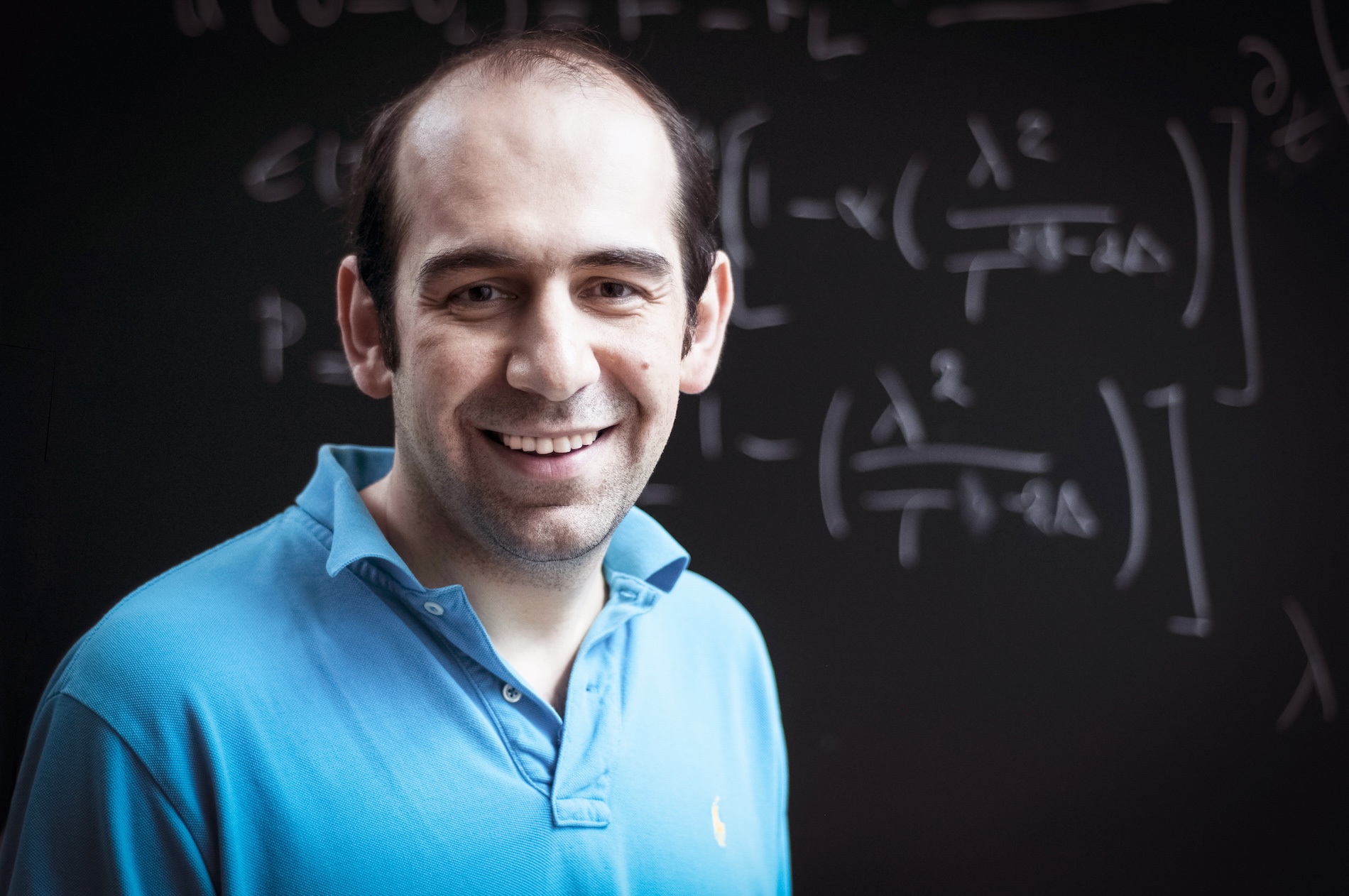
PhD Princeton University, 2004
Niayesh Afshordi (PhD Princeton University, 2004) is jointly appointed with the University of Waterloo. Previously, he was the Institute for Theory and Computation Fellow at the Harvard-Smithsonian Center for Astrophysics (2004-07) and a Distinguished Research Fellow at Perimeter Institute (2008-09). Afshordi began his appointment as an associate faculty member in 2009. He specializes in interdisciplinary problems in fundamental physics, astrophysics, and cosmology. In the past three years, he has also adapted these skills into modelling the COVID-19 epidemic dynamics, as well as radiation therapy, which could help inform current and future public health policy. On a different front, he has spearheaded efforts to kickstart collaborations among philosophers, physicists, and astronomers to tackle the nature of quantum spacetime. Among his honours, Afshordi has received a Discovery Accelerator Supplement from the Natural Sciences and Engineering Research Council of Canada, an Early Researcher Award from the Ontario Ministry of Research and Innovation, and the Vainu Bappu Gold Medal from the Astronomical Society of India. He also won first prize in the Buchalter Cosmology Prize of the American Astronomical Society in 2019, and third prize in 2015.

PhD Tel Aviv University, 1998
Alexander Braverman (PhD Tel Aviv University, 1998) joined Perimeter in 2015, jointly appointed with the University of Toronto. He was previously a faculty member at Brown University (2004-15) and held lecturer positions at Harvard University (2000-04) and the Massachusetts Institute of Technology (1997-99). Braverman specializes in several areas with applications to mathematical physics, including algebraic geometry, representation theory, number theory, and the geometric Langlands program. He has been a Clay Mathematics Institute Prize Fellow and a Simons Fellow in Mathematics.
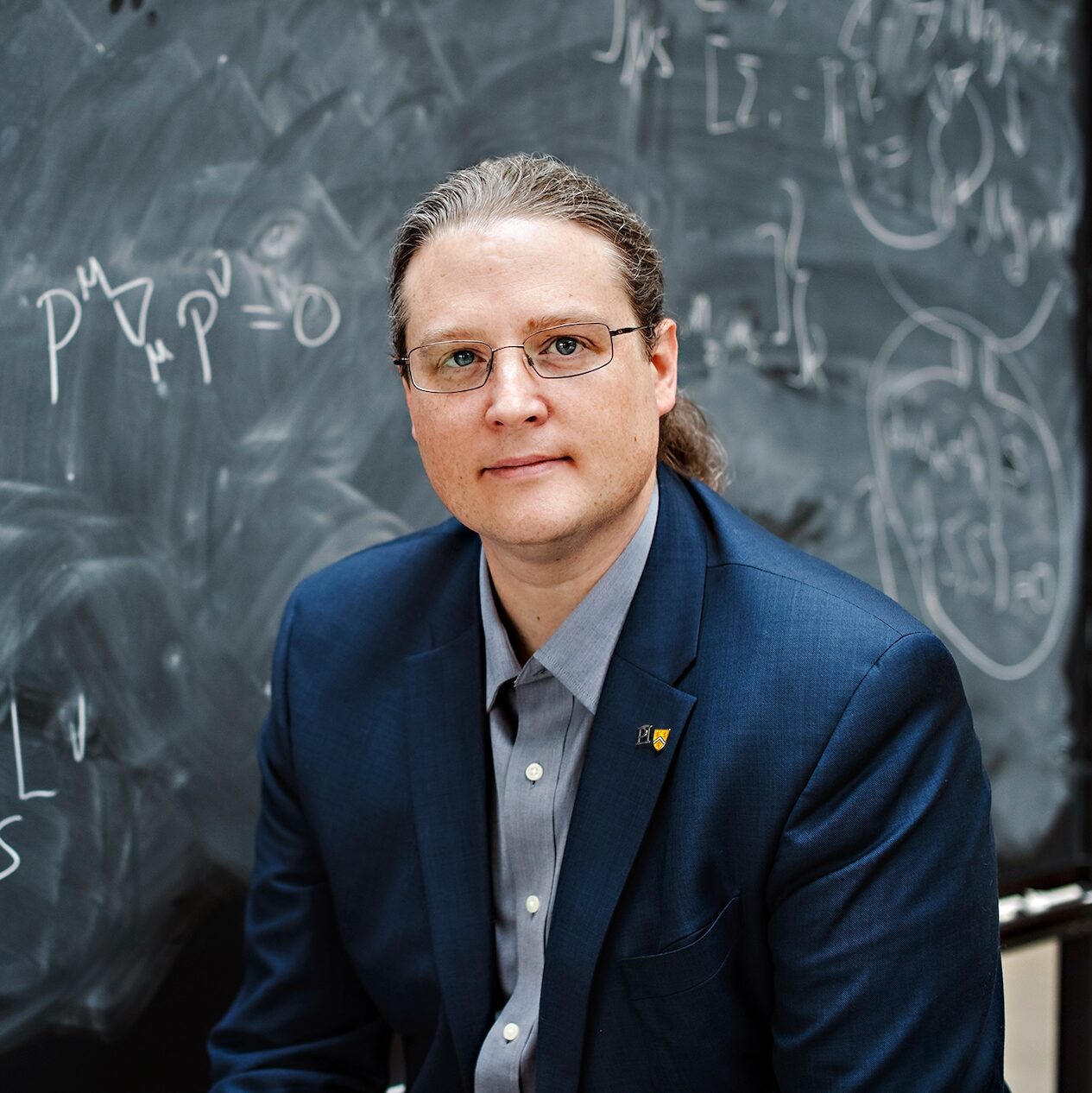
PhD California Institute of Technology, 2004
Avery Broderick (PhD California Institute of Technology, 2004) began a joint appointment with Perimeter and the University of Waterloo in 2011 and held the Delaney Family John Archibald Wheeler Chair in Theoretical Physics at Perimeter Institute from 2017 to 2021. He previously held postdoctoral positions at the Institute for Theory and Computation at the Harvard-Smithsonian Center for Astrophysics (2004-07) and the Canadian Institute for Theoretical Astrophysics (2007-11). Broderick is an astrophysicist with broad research interests, ranging from how stars form to the extreme physics in the vicinity of white dwarfs, neutron stars, and black holes. He is a key member of the Event Horizon Telescope (EHT) collaboration, which revealed the first image of a black hole event horizon to the world in April 2019. He studies how black holes accrete matter and launch the ultra-relativistic outflows observed, probing the nature of gravity in their vicinity. Broderick is a co-winner (with the EHT collaboration) of the Diamond Achievement Award and the 2020 Breakthrough Prize in Fundamental Physics, along with several other awards.
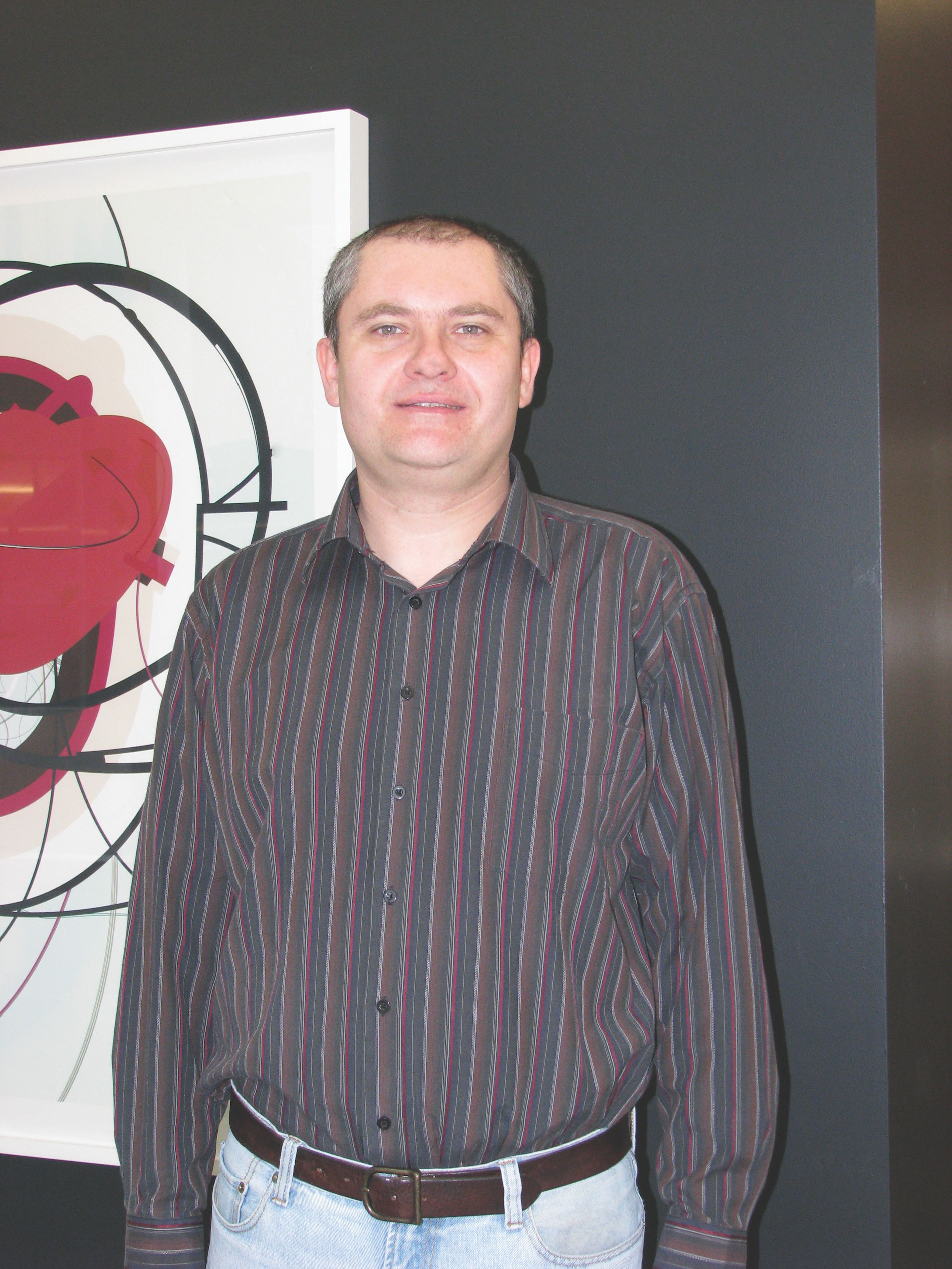
PhD Cornell University, 1999
Alex Buchel (PhD Cornell University, 1999) is jointly appointed with Western University. Before joining Perimeter’s faculty in 2003, he held research positions at the Institute for Theoretical Physics at the University of California, Santa Barbara (1999-2002) and the Michigan Center for Theoretical Physics at the University of Michigan (2002-03). Buchel’s research efforts focus on understanding the quantum properties of black holes and the origin of our universe, as described by string theory, as well as developing analytical tools that could shed new light on strong interactions of subatomic particles. In 2007, he was awarded an Early Researcher Award from the Ontario Ministry of Research and Innovation.
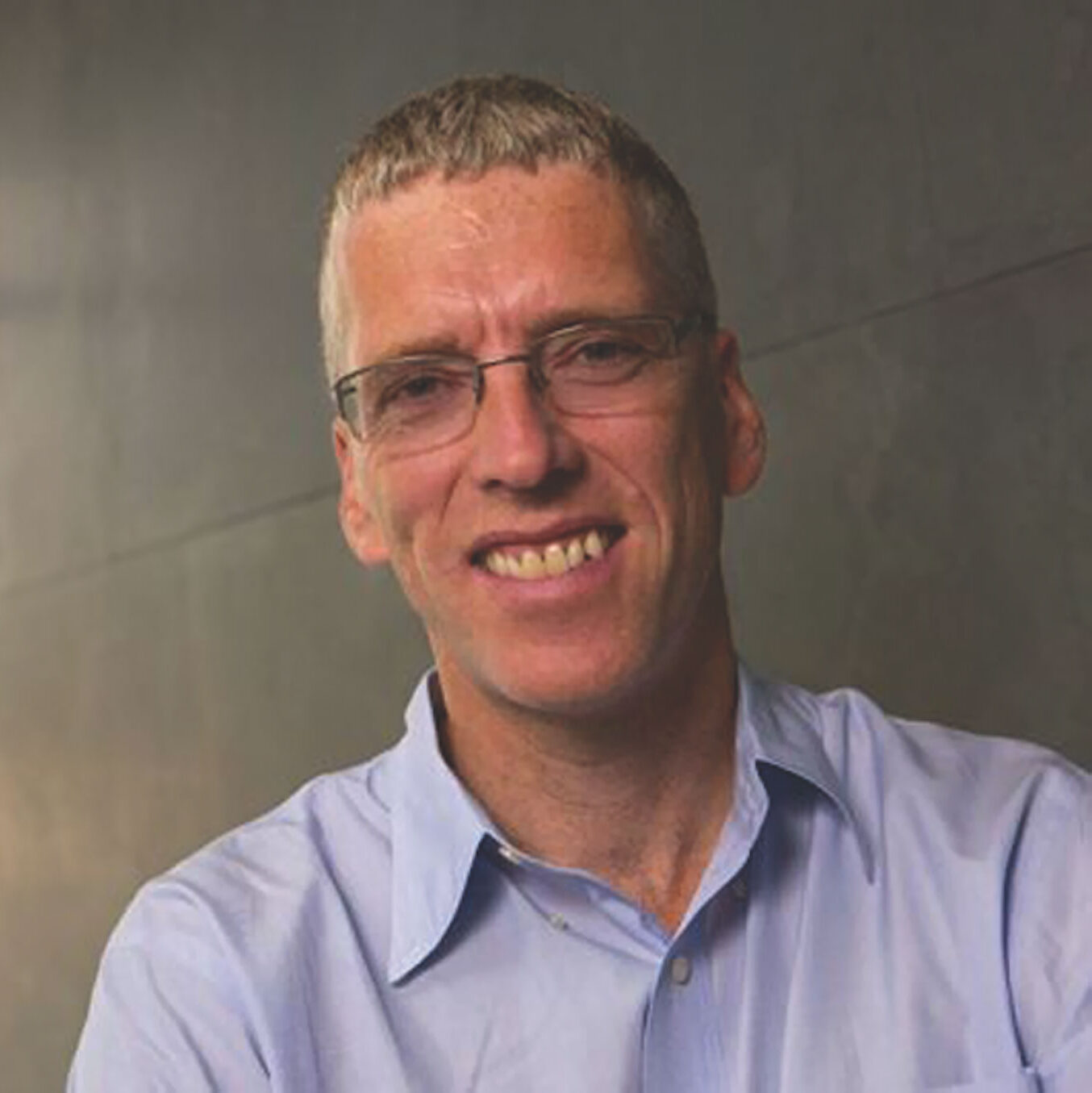
PhD University of Texas at Austin, 1985
Cliff Burgess (PhD University of Texas at Austin, 1985) joined Perimeter’s faculty as an associate member in 2004 and was jointly appointed to McMaster University’s faculty in 2005. Prior to that, he was a member of the School of Natural Sciences at the Institute for Advanced Study and a faculty member at McGill University. Over two decades, Burgess has applied the techniques of effective field theory to high energy physics, nuclear physics, string theory, early-universe cosmology, and condensed matter physics. With collaborators, he developed leading string theoretic models of inflation that provide its most promising framework for experimental verification. Burgess’ recent honours include a Killam Fellowship, fellowship of the Royal Society of Canada, and the CAP-CRM Prize in Theoretical and Mathematical Physics. He was awarded the Buchalter Cosmology Prize in both 2016 and 2017. His book Introduction to Effective Field Theories was named the Best Book in Physics and Chemistry in 2022 by the Association of American Publishers.
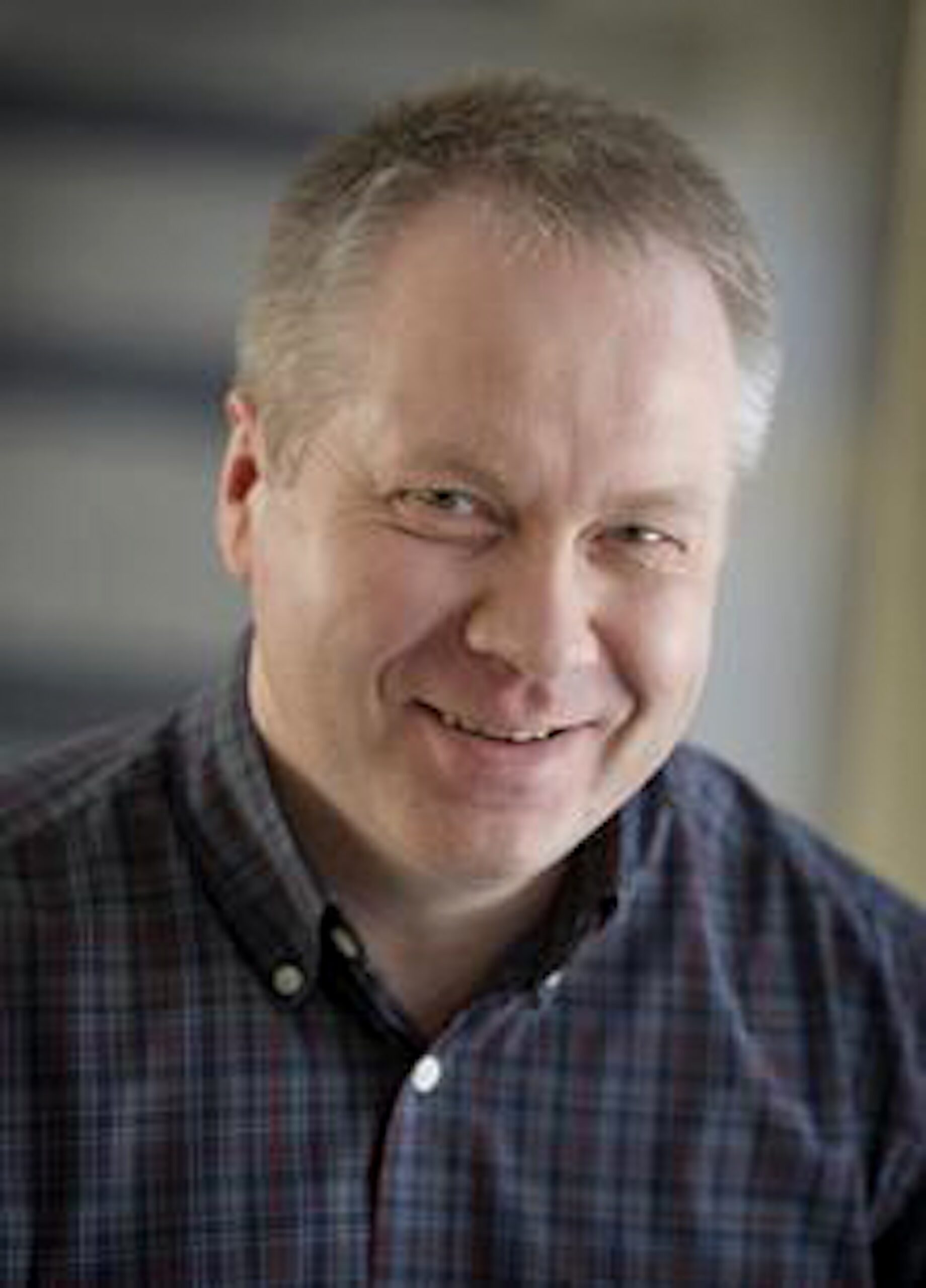
PhD Indiana University, 2002
Anton Burkov (PhD Indiana University, 2002) joined Perimeter in 2020. His cross-appointment is as a professor in the Department of Physics and Astronomy, University of Waterloo, where he has been since 2007. Burkov is a theoretical quantum condensed matter physicist, with a particular interest in topological and strong correlation phenomena in quantum matter. He is well known for pioneering work on gapless topological phases of matter, such as Weyl and Dirac semimetals, with several of his publications on this subject in the “ISI Web of Knowledge Highly Cited Papers” list. He is one of the principal investigators (and the only one from Canada) in the US Department of Energy’s Energy Frontier Research Center on Topological Semimetals.
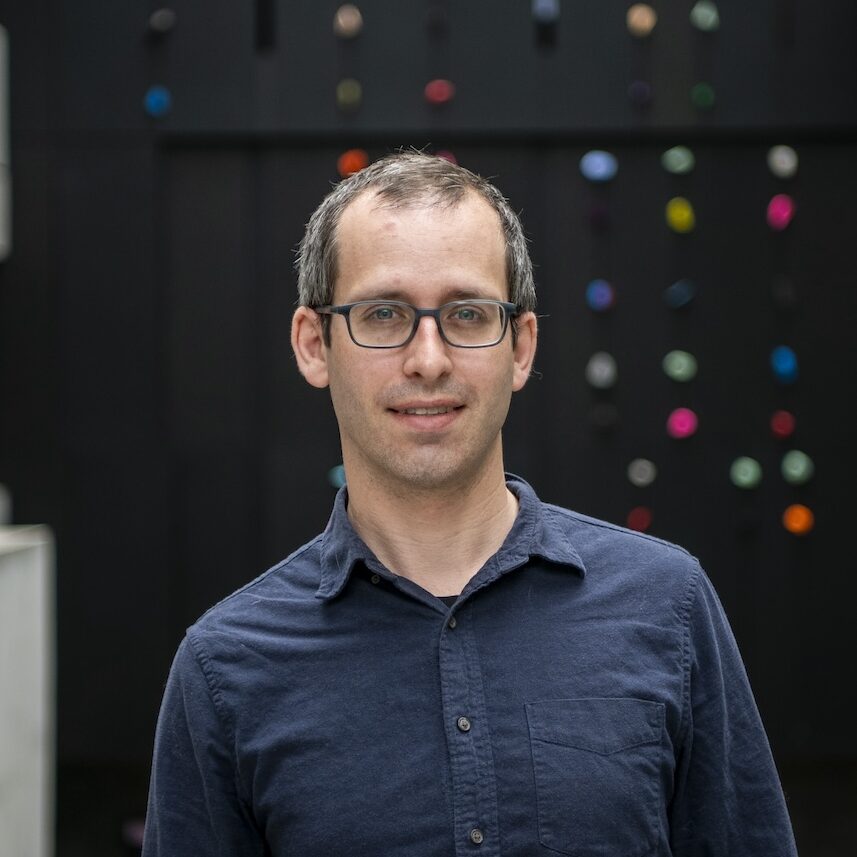
PhD Massachusetts Institute of Technology, 2011
David Gosset (PhD Massachusetts Institute of Technology, 2011) is jointly appointed with the Institute for Quantum Computing (IQC) and has been an associate professor at the University of Waterloo since 2018. Prior to that, he held positions as a postdoctoral fellow at IQC and at the California Institute of Technology and as research staff at the IBM T.J. Watson Research Center. Gosset’s research focuses on quantum algorithms and complexity theory. Among other awards and honours, he earned the Outstanding Paper Prize at the 2019 Conference on the Theory of Quantum Computation, the Pat Goldberg Memorial Best Paper Award in 2016 and 2018, and the Sherman Fairchild Prize Postdoctoral Fellowship at Caltech for 2015-16. He is currently a fellow of the Canadian Institute for Advanced Research in the Quantum Information Science program.
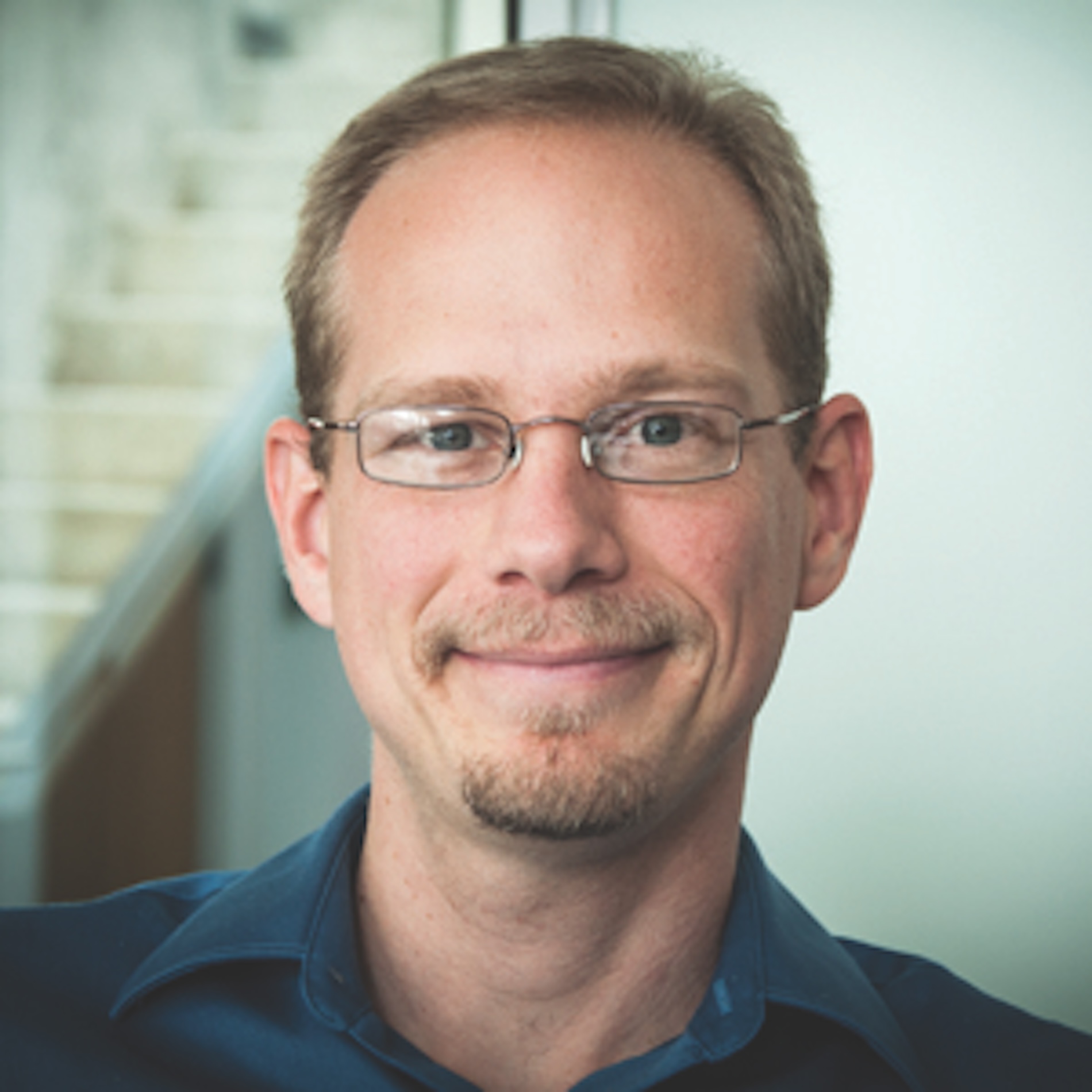
PhD University of California, Santa Cruz, 2007
Matthew Johnson (PhD University of California, Santa Cruz, 2007) began a joint appointment with Perimeter and York University in 2012. Prior to that, he was a Moore Postdoctoral Scholar at the California Institute of Technology and a postdoctoral researcher at Perimeter. Johnson is a theoretical cosmologist whose interdisciplinary research seeks to understand how the universe began, how it evolved, and where it is headed. Johnson has made contributions to fields ranging from inflationary cosmology and string theory to numerical relativity and cosmic microwave background radiation data analysis. His research has attracted competitive funding from the Natural Sciences and Engineering Research Council of Canada, the Foundational Questions Institute, and the New Frontiers in Astronomy and Cosmology grant program administered by the University of Chicago.

PhD University of California, Berkeley, 2013
Theo Johnson-Freyd (PhD University of California, Berkeley, 2013) is jointly appointed at Dalhousie University, where he is an assistant professor in the Department of Mathematics and Statistics. Johnson-Freyd is a mathematical physicist whose research focuses on higher algebraic aspects of quantum fields and condensed matter. Prior to appointment to his current position in 2021, he was a senior postdoctoral researcher at Perimeter, and from 2013 to 2016 was a National Science Foundation postdoctoral fellow and Ralph Boas Assistant Professor at Northwestern University. He is the co-author of Berkeley Lectures on Lie Groups and Quantum Groups. Johnson-Freyd is a principal investigator for the Simons Collaboration on Global Categorical Symmetries and a recipient of an NSERC (Natural Sciences and Engineering Research Council of Canada) Discovery Accelerator Supplement.
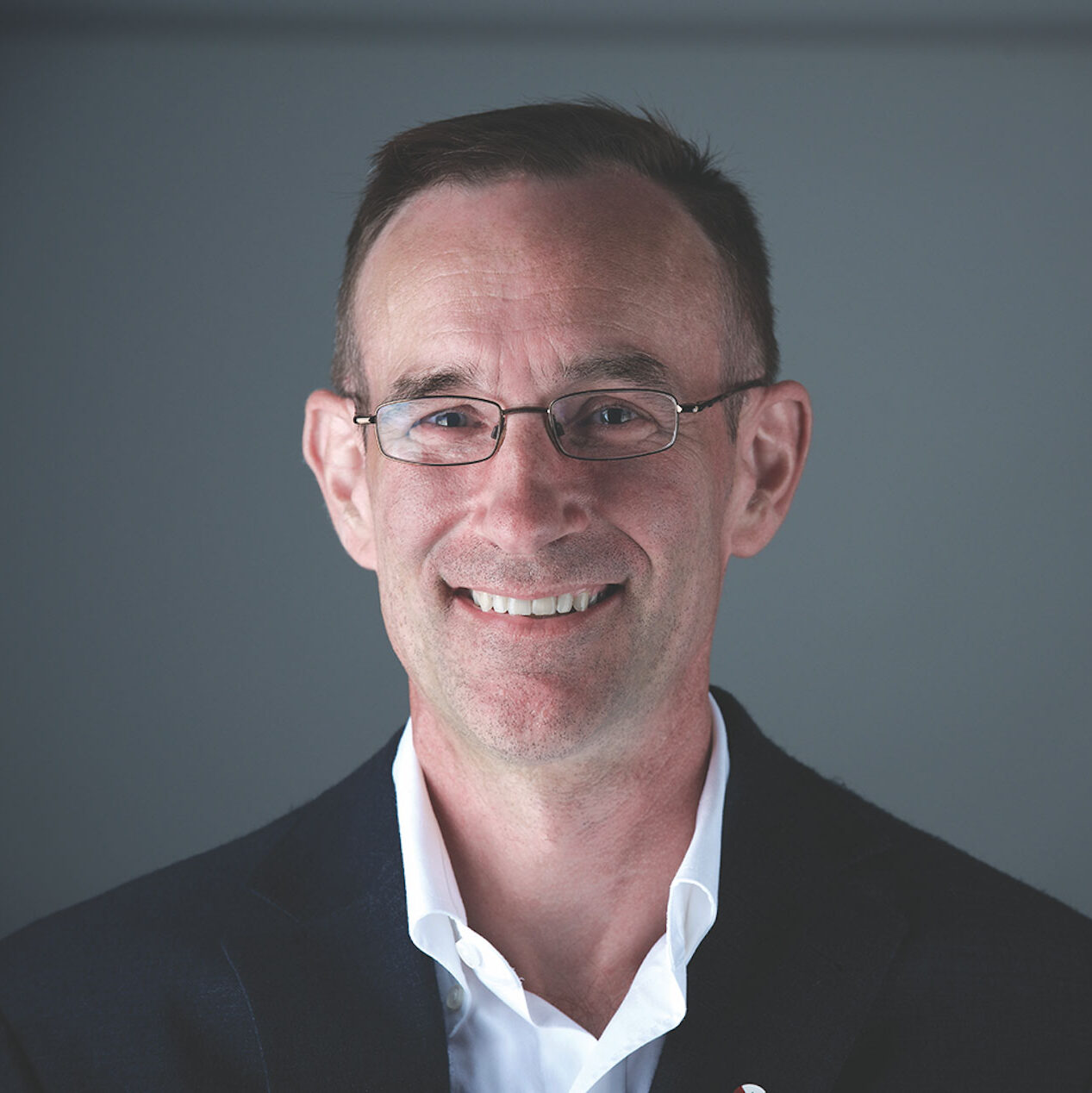
PhD University of Cambridge, 1988
Raymond Laflamme (PhD University of Cambridge, 1988) is jointly appointed at the Institute for Quantum Computing at the University of Waterloo, where he served as founding Executive Director from 2002 to 2017. He is also the Mike and Ophelia Lazaridis John von Neumann Chair in Quantum Information at the University of Waterloo. He held research positions at the University of British Columbia and Peterhouse College, University of Cambridge, before moving to the Los Alamos National Laboratory in 1992, where his interests shifted from cosmology to quantum computing. Since the mid-1990s, Laflamme has elucidated theoretical approaches to quantum error correction and in turn implemented some in experiments. Laflamme was Director of the Quantum Information Processing program at the Canadian Institute for Advanced Research (CIFAR) from 2003 to 2016 and has been co-chair of the National Quantum Strategy’s Quantum Advisory Council since 2022. He is an advisor to the Quantum Information Science program at CIFAR and a fellow of the American Physical Society, the Royal Society of Canada, and the American Association for the Advancement of Science. In 2012, he received an honorary degree from the Université de Sherbrooke, and he was a Canada Research Chair from 2002 to 2022. He was awarded the 2017 CAP-CRM Prize in Theoretical and Mathematical Physics by the Canadian Association of Physicists and the Centre de Recherches Mathématiques. In 2017, he was named an Officer of the Order of Canada. With colleagues, Laflamme founded Universal Quantum Devices, a start-up commercializing spin-offs of quantum research, and leads QuantumLaf Inc., a consulting start-up.
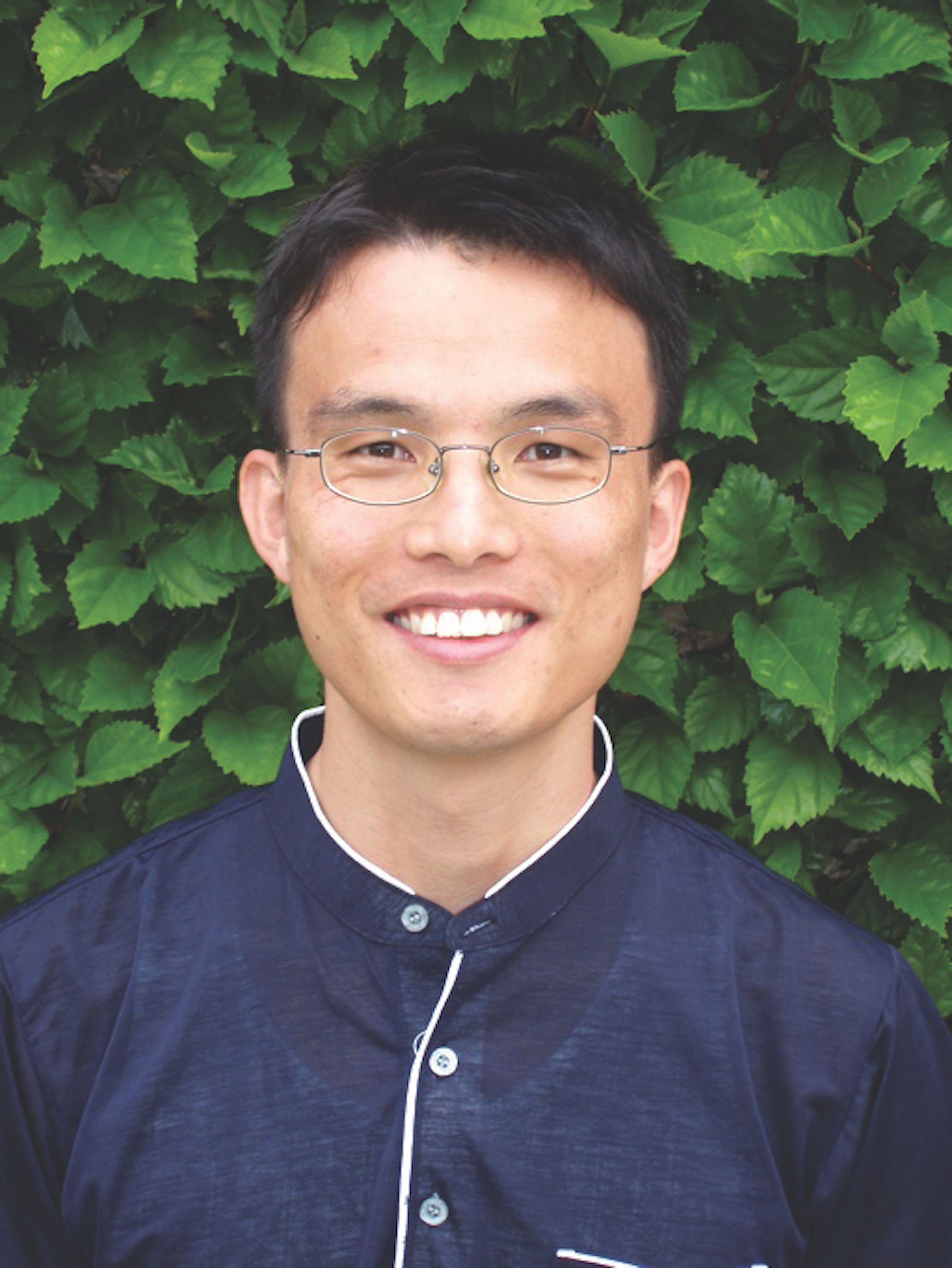
PhD Pohang University of Science and Technology, 2000
Sung-Sik Lee (PhD Pohang University of Science and Technology, 2000) joined Perimeter in 2011 in a joint appointment with McMaster University, where he is a professor. He previously worked as a postdoctoral researcher at the Pohang University of Science and Technology, the Massachusetts Institute of Technology, and the Kavli Institute for Theoretical Physics at the University of California, Santa Barbara. Lee’s research focuses on strongly interacting quantum many-body systems, quantum field theory, the AdS/CFT correspondence, and quantum gravity. His recent work has included low energy effective field theories for non-Fermi liquids and models of quantum matter that exhibit emergent spacetime.
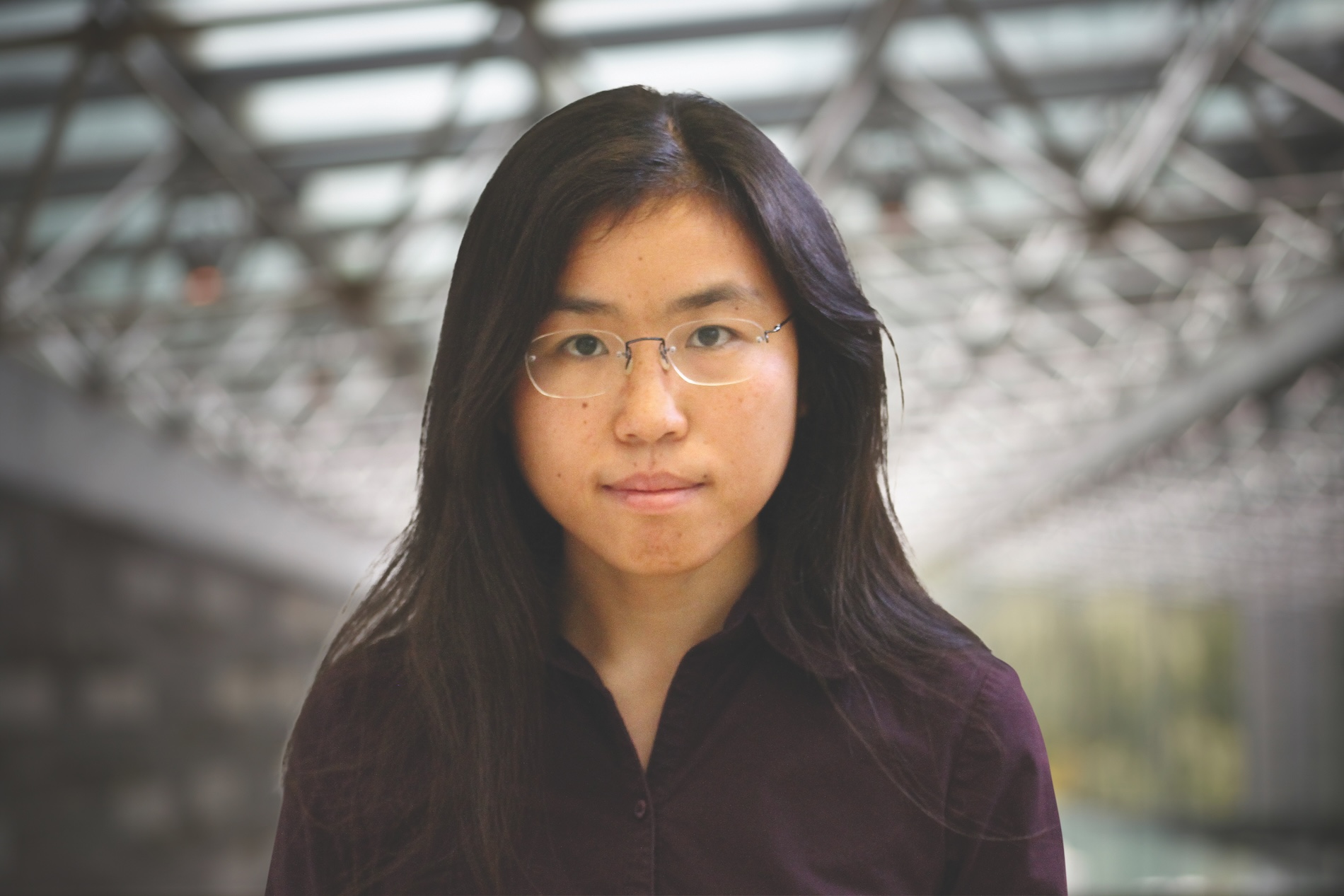
PhD Stanford University, 2000)
Debbie Leung (PhD Stanford University, 2000) joined Perimeter in 2019. She started as a faculty member of the Institute for Quantum Computing and the Department of Combinatorics and Optimization at the University of Waterloo in 2005. She is currently a University Research Chair, and she was previously a Tier 2 Canada Research Chair (2005-15). Before that, she was a Tolman Postdoctoral Fellow at the Institute for Quantum Information, California Institute of Technology (Caltech), after spending four months at the Workshop on Quantum Computation (September-December 2002) at the Mathematical Sciences Research Institute, Berkeley, following a two-year postdoctoral fellowship at the Physics of Information group at the IBM TJ Watson Research Center (2000-02). After a BSc in physics and mathematics from Caltech in 1995, she did a PhD in physics at Stanford under the supervision of Professor Yoshihisa Yamamoto and Professor Isaac Chuang.
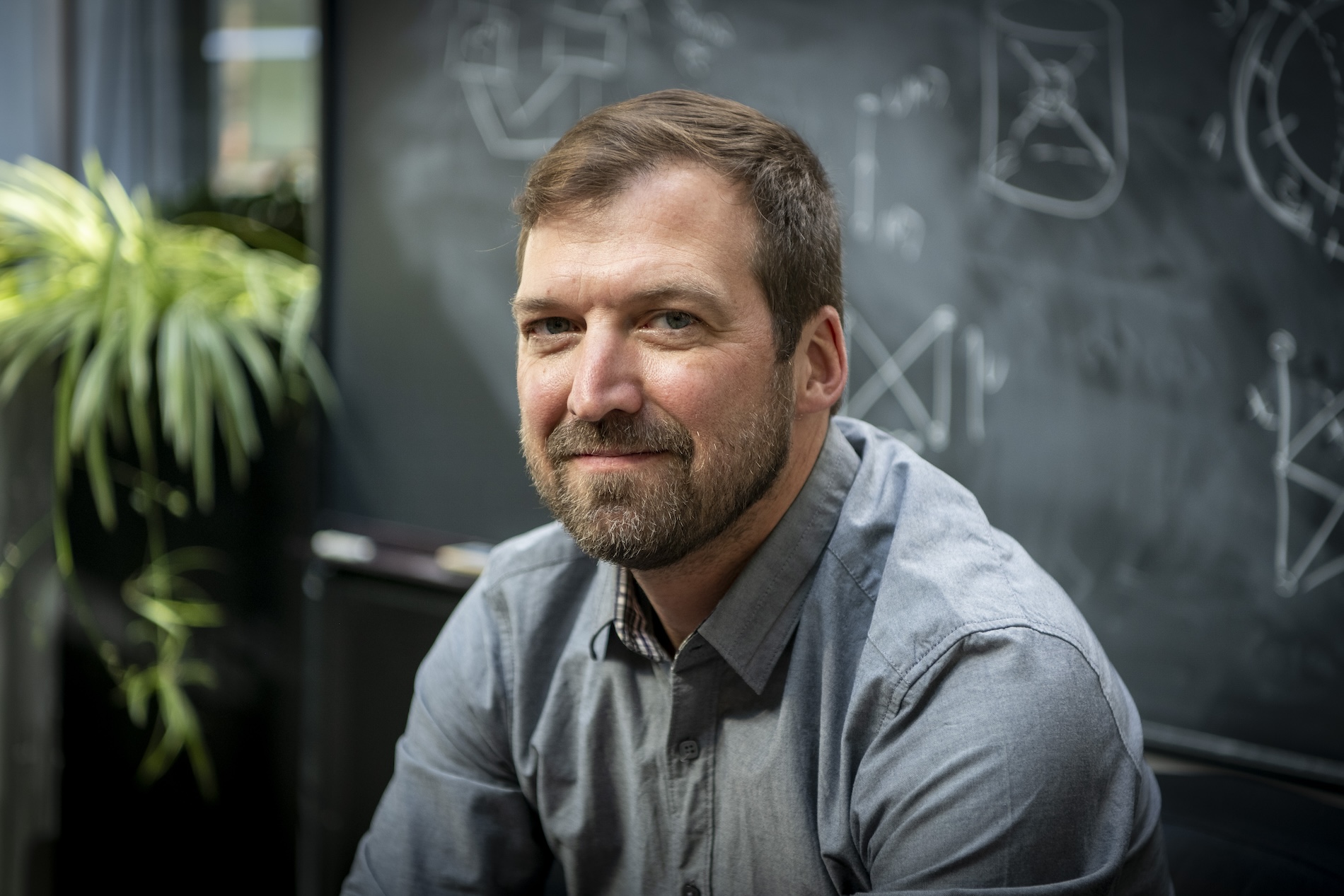
PhD University of California, Santa Barbara, 2005
Roger Melko (PhD University of California, Santa Barbara, 2005) joined Perimeter in 2012, while retaining his appointment with the University of Waterloo, where he has been since 2007. Prior to that, he was a Wigner Fellow at Oak Ridge National Laboratory (2005-07). Melko leads the Perimeter Institute Quantum Intelligence Lab, heads the Quantum Stream at Creative Destruction Lab, and is a faculty affiliate at Vector Institute for Artificial Intelligence. He is a condensed matter theorist who studies strongly correlated many-body systems, focusing on exotic emergent phenomena, quantum criticality, and entanglement. He emphasizes numerical methods as a theoretical technique, particularly the development of novel algorithms and machine learning methods for his research. Among his honours, he has received the Herzberg Medal from the Canadian Association of Physicists, the Young Scientist Prize in Computational Physics from the International Union of Pure and Applied Physics, an Early Researcher Award from the Ontario Ministry of Research and Innovation, and a Canada Research Chair in Computational Quantum Many-Body Physics. In 2021, he was awarded the Brockhouse Medal from the Canadian Association of Physicists and the Division of Condensed Matter and Materials Physics.
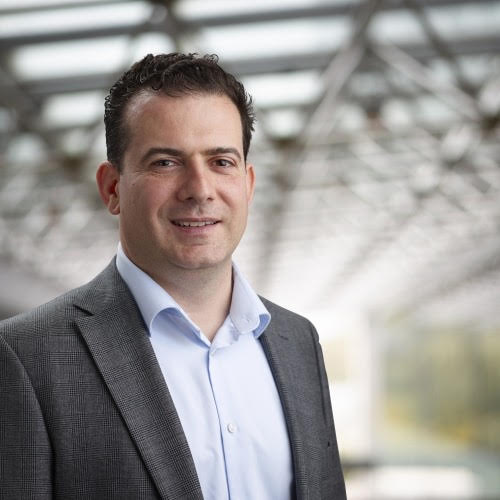
DPhil University of Oxford, 1999
Michele Mosca (DPhil University of Oxford, 1999) is jointly appointed with the Institute for Quantum Computing (IQC) at the University of Waterloo. He is a founding member of Perimeter Institute, as well as a co-founder of IQC. He is a professor in the Department of Combinatorics and Optimization of the University of Waterloo’s Faculty of Mathematics. He co-founded the quantum-safe cryptography training program CryptoWorks21, the not-for-profit Quantum-Safe Canada, and the ETSI-IQC workshop series in quantum-safe cryptography, which brings together a broad range of stakeholders working toward globally standardized quantum-safe cryptography. He co-founded evolutionQ Inc. to support organizations as they evolve their quantum-vulnerable systems and practices to quantum-safe ones, and softwareQ Inc. to provide quantum software services and tools. His research interests include quantum computation and cryptographic tools that will be safe against quantum technologies, and he is globally recognized for his drive to help academia, industry, and government prepare our cyber systems to be safe in an era with quantum computers. Mosca co-authored the respected textbook An Introduction to Quantum Computing. He has received numerous honours, including the Premier’s Research Excellence Award (2000-05), the Canada Research Chair in Quantum Computation (2002-12), the University Research Chair at the University of Waterloo (2012-19), the Queen Elizabeth II Diamond Jubilee Medal (2013), the St. Jerome’s University Fr. Norm Choate Lifetime Achievement Award (2017), and a Knighthood (Cavaliere) in the Order of Merit of the Italian Republic (2018).

PhD Max Planck Institute for Quantum Optics, 2011
Christine Muschik (PhD Max Planck Institute for Quantum Optics, 2011) joined Perimeter in 2019, in a joint position with the Institute for Quantum Computing in Waterloo, where she has been since 2017. Muschik works on developing novel methods for quantum information processing and on quantum simulations of problems from high energy physics. She has devised pioneering protocols for harnessing dissipation (setting a new record for entanglement lifetime in 2011), for the first deterministic teleportation between matter systems over a macroscopic distance (Nature Physics 2013), and for new types of quantum simulations (Nature 2016, 2019). Her work on quantum simulations of problems from high energy physics was selected by Physics World as one of the top 10 breakthroughs in physics 2016. Muschik has received a Simons Emmy Noether Fellowship at Perimeter (2018), a Sloan Research Fellowship for outstanding early-career researchers (2019), and a New Frontiers grant for high risk, high-reward innovations (2019). In 2020, she was named a Canadian Institute for Advanced Research Azrieli Global Scholar. In 2022, she received a University Research Chair at the University of Waterloo and an Ontario Early Researcher Award.

PhD Princeton University, 1995
Ue-Li Pen (PhD Princeton University, 1995) joined Perimeter in 2014. He is the Director of the Academia Sinica Institute of Astronomy and Astrophysics in Taiwan and is jointly appointed with the Canadian Institute for Theoretical Astrophysics at the University of Toronto, where he has been a professor since 1998. Pen is a theoretical astrophysicist who studies systems where basic physical effects can be isolated from astronomical complexities. His research projects include the non-linear dynamics of the cosmic neutrino background, 21cm intensity mapping, pulsar VLBI scintillometry, and the Canadian Hydrogen Intensity Mapping Experiment (CHIME). Pen is known for developing innovative tools to create new fields of research. His pioneering work on 21 cm intensity mapping opened a new window for the precision study of dark energy and neutrinos. His use of natural plasma in our galaxy as a giant telescope spawned the field of scintillometry, enabling new glimpses into enigmatic pulsars and the unsolved fast radio bursts. Among his honours, Pen is a senior fellow of the Canadian Institute for Advanced Research in the Gravity and the Extreme Universe program. In 2018, he became just the second researcher at a Canadian institution to receive a Simons Investigator Award from the Simons Foundation since the program’s introduction in 2012. He was part of the CHIME (Canadian Hydrogen Intensity Mapping Experiment) research team that received a Governor General’s Innovation Award in 2020, the Lancelot Berkeley Prize from the American Astronomical Society in 2021, and the Brockhouse Canada Prize for Interdisciplinary Research in Science and Engineering from the Natural Sciences and Engineering Research Council of Canada in 2022. He was also one of the 347 members of the Event Horizon Telescope collaboration to win the 2020 Breakthrough Prize in Fundamental Physics. He has been elected as a fellow of the Royal Society of Canada, announced in September 2022, for his outstanding scientific achievements.

PhD University of Oxford, 1999
Will Percival (PhD University of Oxford, 1999) is jointly appointed at the University of Waterloo, where he holds the Mike and Ophelia Lazaridis Distinguished Research Chair in Astrophysics, and is the Director of the Waterloo Centre for Astrophysics. Percival is a cosmologist working primarily on galaxy surveys, using the positions of galaxies to measure the cosmological expansion rate and growth of cosmological structure. He currently holds senior scientific management positions within the Euclid experiment and has served in a number of management positions for other surveys, including the Dark Energy Spectroscopic Instrument (DESI) and the extended Baryon Oscillation Spectroscopic Survey (eBOSS). Over the next decade, the resulting galaxy surveys will transform our knowledge of dark energy, the physical mechanism accelerating the present-day cosmological expansion rate. Among his many honours, Percival has received the 2008 Fowler Prize of the Royal Astronomical Society and a Distinguished Scientist fellowship from the Chinese Academy of Sciences in 2016. He has been recognized as one of the world’s most influential scientists, appearing on the Thomson Reuters/Clarivate Analytics list of “Highly Cited Researchers” multiple times.
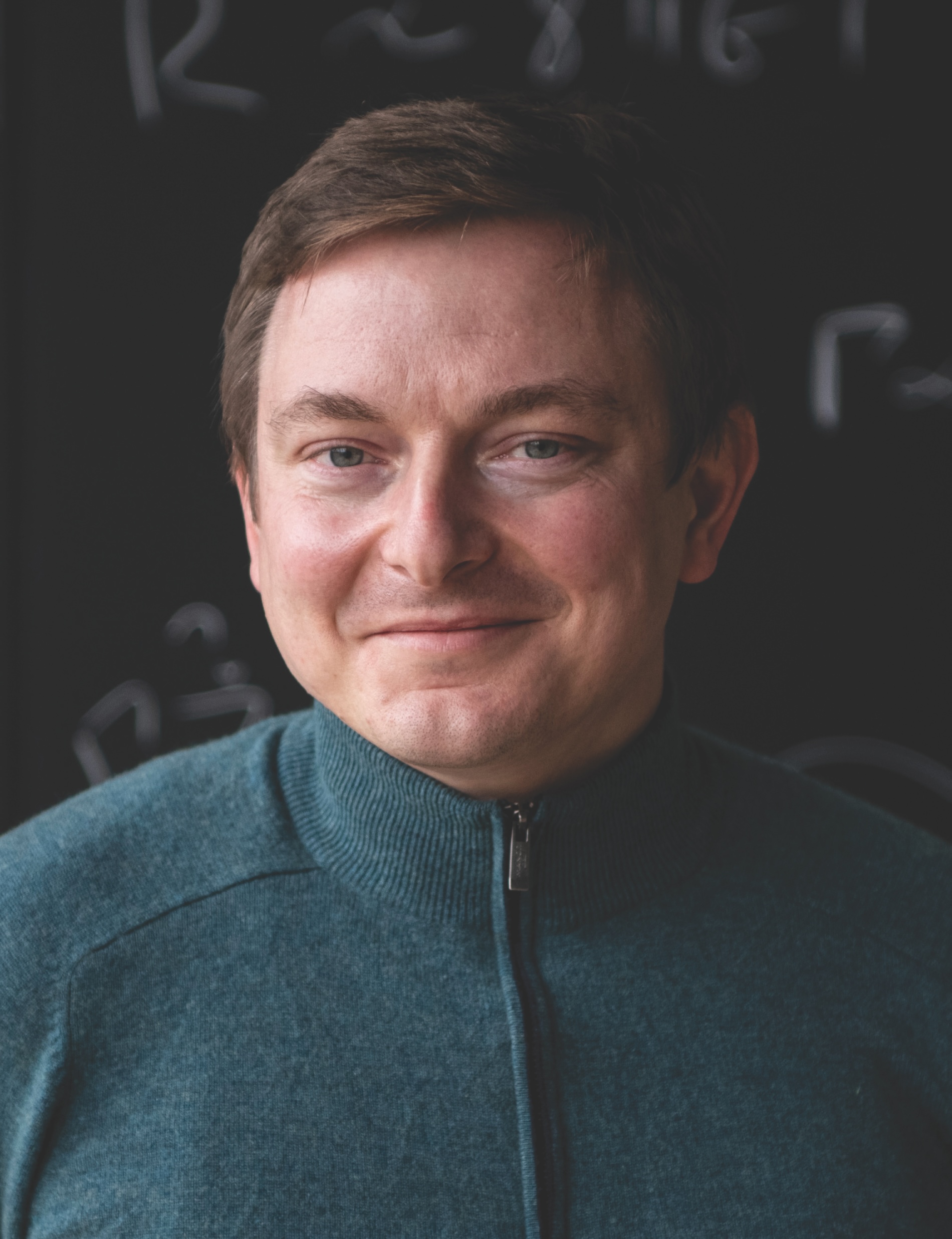
PhD Institute for Nuclear Research of the Russian Academy of Sciences, 2004
Sergey Sibiryakov (PhD Institute for Nuclear Research of the Russian Academy of Sciences, 2004) joined Perimeter in 2020 from L’École Polytechnique Fédérale de Lausanne and CERN, where he had been a faculty member since 2013. He is jointly appointed with the Department of Physics and Astronomy at McMaster University. His research interests range from particle physics phenomenology to cosmology and the theory of gravitation. He is co-author of a series of groundbreaking works establishing consistency of the approach to quantum gravity known as “gravity with anisotropic scaling.” Sibiryakov’s previous honours include the Medal of the Russian Academy of Sciences Prize for Young Scientists and several grants and fellowships from Russian and Swiss foundations.
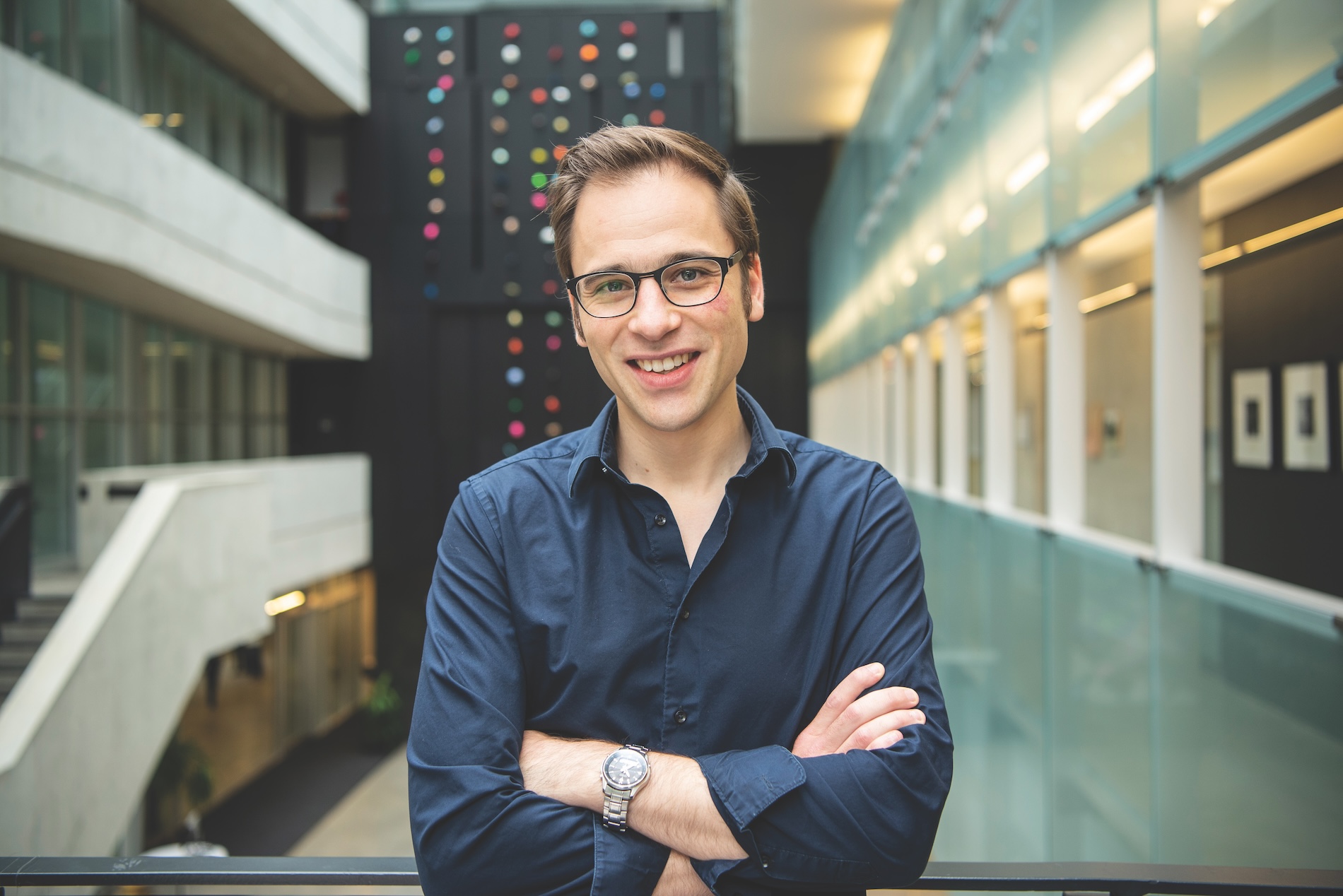
PhD Max Planck Institute for Gravitational Physics & University of Potsdam, 2015
Daniel Siegel (PhD Max Planck Institute for Gravitational Physics & University of Potsdam, 2015) joined Perimeter in 2019, jointly appointed with the University of Guelph. Previously, he was at Columbia University, where he had been a postdoctoral fellow and a NASA Einstein Fellow since November 2015. His research connects fundamental physics with the cosmos. It spans various disciplines – gravitational physics, nuclear and high energy astrophysics, transient astronomy – to unravel the fundamental physics of compact binary mergers and other relativistic astrophysical systems as well as their implications for nuclear physics and cosmology.
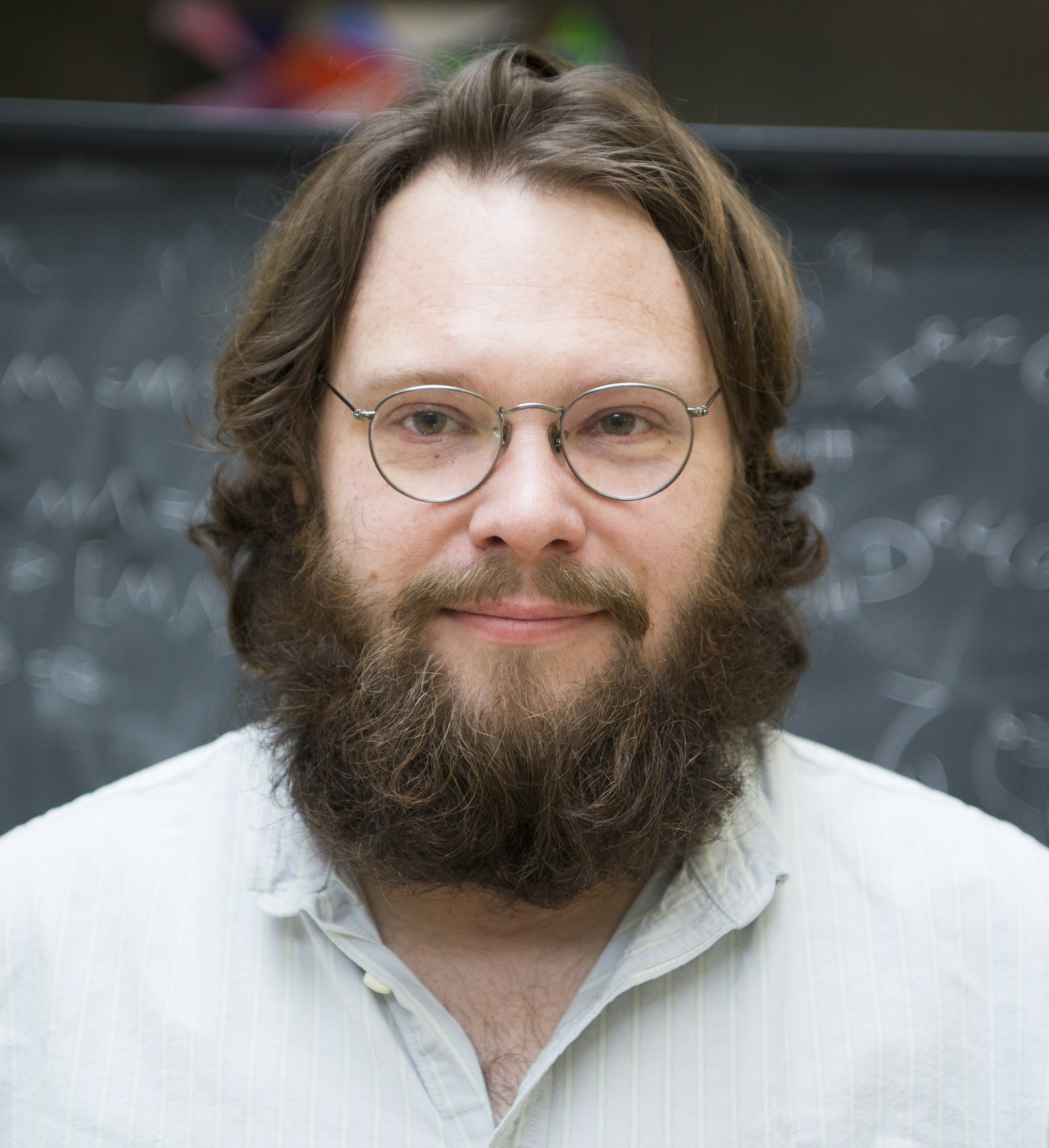
PhD University of California, Berkeley, 2007
Ben Webster (PhD University of California, Berkeley, 2007) joined Perimeter in July 2017, jointly appointed with the Department of Pure Mathematics at the University of Waterloo. He previously held faculty positions at the University of Virginia, Northeastern University, and the University of Oregon. Webster’s research centres on connections between representation theory, mathematical physics, geometry, and topology, including knot homology, the geometry of symplectic singularities, and categorification. Among his honours, he has received a Sloan Research Fellowship and a CAREER award from the National Science Foundation in the US. In 2019, he was awarded the Golden Jubilee Research Excellence award from the University of Waterloo’s Faculty of Mathematics.

PhD California Institute of Technology, 2013
Huan Yang (PhD California Institute of Technology, 2013) joined Perimeter in September 2017 from Princeton University, where he stayed for one year as a postdoctoral fellow. He is jointly appointed with the University of Guelph. Yang is a theoretical astrophysicist whose areas of expertise are black holes, neutron stars, and gravitational waves, with strong connections to recent observations. In particular, he explores strong-field gravitational astrophysics and fundamental physics with strongly gravitating systems. Yang’s recent work aims to understand physics buried within existing data and provide new insights to guide future observational efforts.
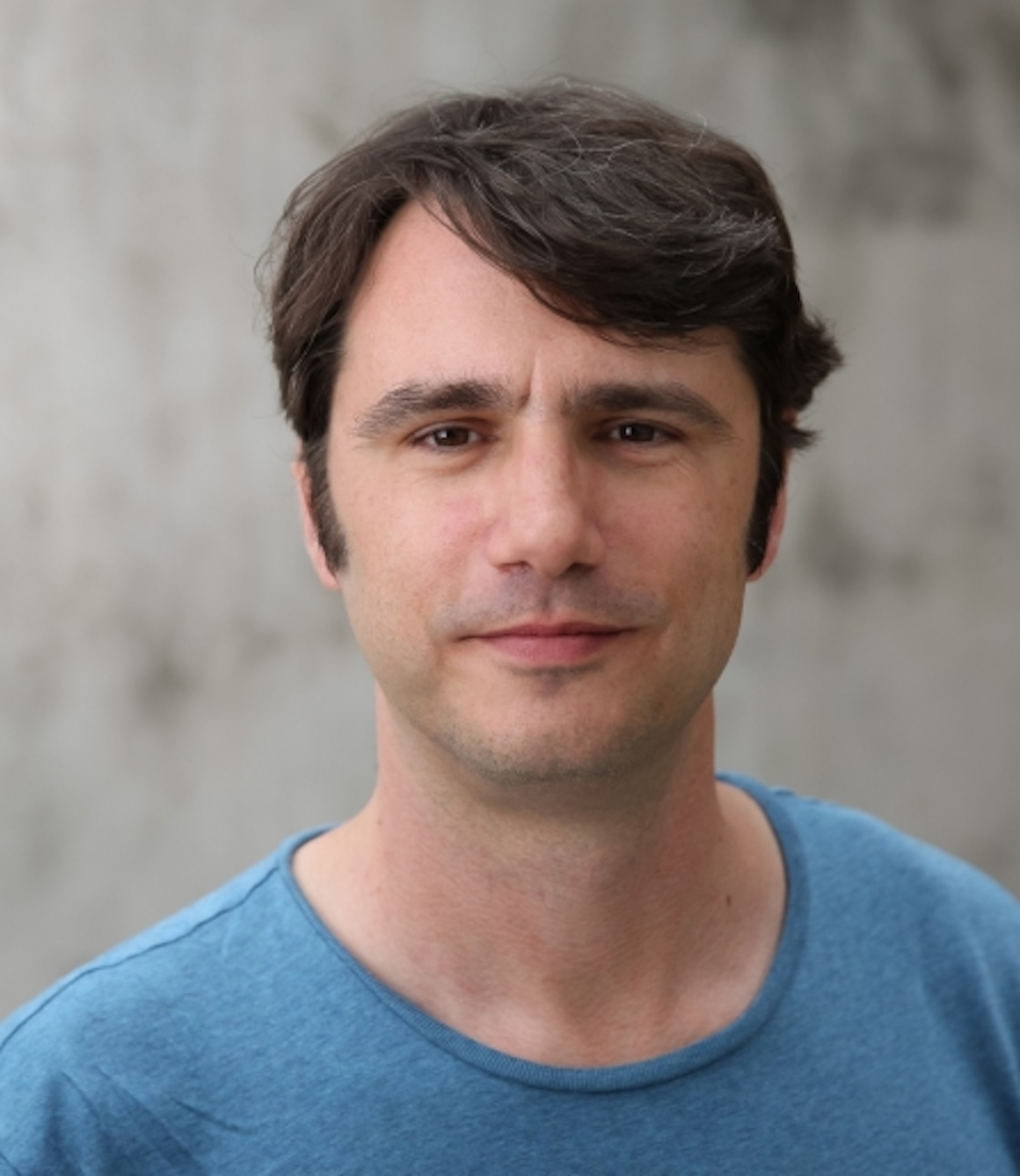
PhD Stanford University, 2005
Jon Yard (PhD Stanford University, 2005) joined Perimeter in 2016, jointly appointed with the Institute for Quantum Computing and the Department of Combinatorics and Optimization at the University of Waterloo. He previously held research positions at McGill University (2005), the California Institute of Technology (2005-07), Los Alamos National Laboratory (2007-12), and Microsoft Research (2012-16). Yard’s research interests include quantum information, mathematical physics, quantum fields, and condensed matter. With Graeme Smith, he received the 2009 Pat Goldberg Memorial Best Paper Award from IBM Research for proving that quantum capacity does not completely characterize the utility of a channel for transmitting quantum information.
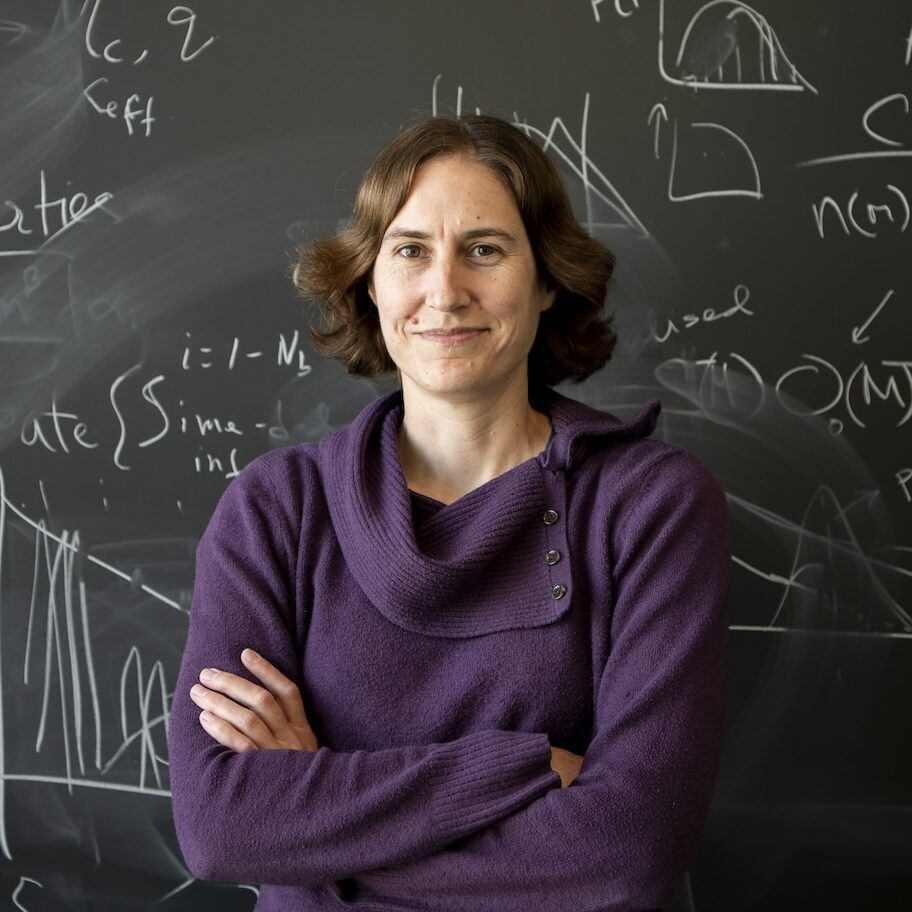
PhD Princeton University, 2009
Katherine (Katie) Mack (PhD Princeton University, 2009) joined Perimeter in June 2022 to become the inaugural Hawking Chair in Cosmology and Science Communication. She previously held the position of assistant professor at North Carolina State University after carrying out postdoctoral fellowships at the Kavli Institute for Cosmology in Cambridge and at the University of Melbourne. Her primary research interests are in theoretical cosmology, astroparticle physics, early-universe theory, and galaxy formation. She is particularly interested in the physics and astrophysics of dark matter, and how we might find clues about dark matter’s fundamental nature by examining its impact on the formation and evolution of the earliest cosmic structures. She was selected as a CIFAR Azrieli Global Scholar in 2022 and a TED Fellow in 2020. Her science writing has appeared in major publications, including the New York Times, the Globe and Mail, the Wall Street Journal, Scientific American, BBC Science Focus, and Cosmos, and her first popular science book, The End of Everything (Astrophysically Speaking), was selected as a 2020 New York Times Notable Book. In recognition of her service to physics education through public engagement, she was selected by the American Association of Physics Teachers to receive the 2024 Richtmyer Memorial Lecture Award.

PhD École Normale Supérieure de Lyon, 2010
Maïté Dupuis (PhD École Normale Supérieure de Lyon, 2010) is the Director of Training, Educational Outreach, and Scientific Programs (formerly Academic and Research Programs) at Perimeter and an adjunct associate professor in the Department of Applied Mathematics and the Department of Physics and Astronomy at the University of Waterloo. Dupuis was a postdoctoral fellow at the Institute for Quantum Gravity of the Friedrich Alexander University Erlangen-Nuremberg in Germany. In 2013, she became a Banting Postdoctoral Fellow in the Applied Mathematics department of the University of Waterloo. Dupuis’s research focuses on non-perturbative approaches to quantum gravity. In 2017, she joined the Perimeter Institute Academic Programs department as a teacher, supervisor, and mentor. She was named Assistant Director of Academic Programs in 2020. She is a co-founder of the Inclusive PI Platform and has served as co-chair since the Platform’s inception in 2018.

PhD University of Waterloo, 2017
Lauren Hayward (PhD University of Waterloo, 2017) is the Associate Director of Training Programs at Perimeter and an adjunct assistant professor in the Department of Physics and Astronomy at the University of Waterloo. She works within the field of computational quantum matter physics, and her research interests involve using numerical methods to study phenomena such as phase transitions and quantum entanglement. She develops academic and outreach programs and has taught courses in statistical mechanics, condensed matter theory, and machine learning. She is the co-host of the podcast series Conversations at the Perimeter, where she interviews scientists working to unravel the mysteries of the universe.
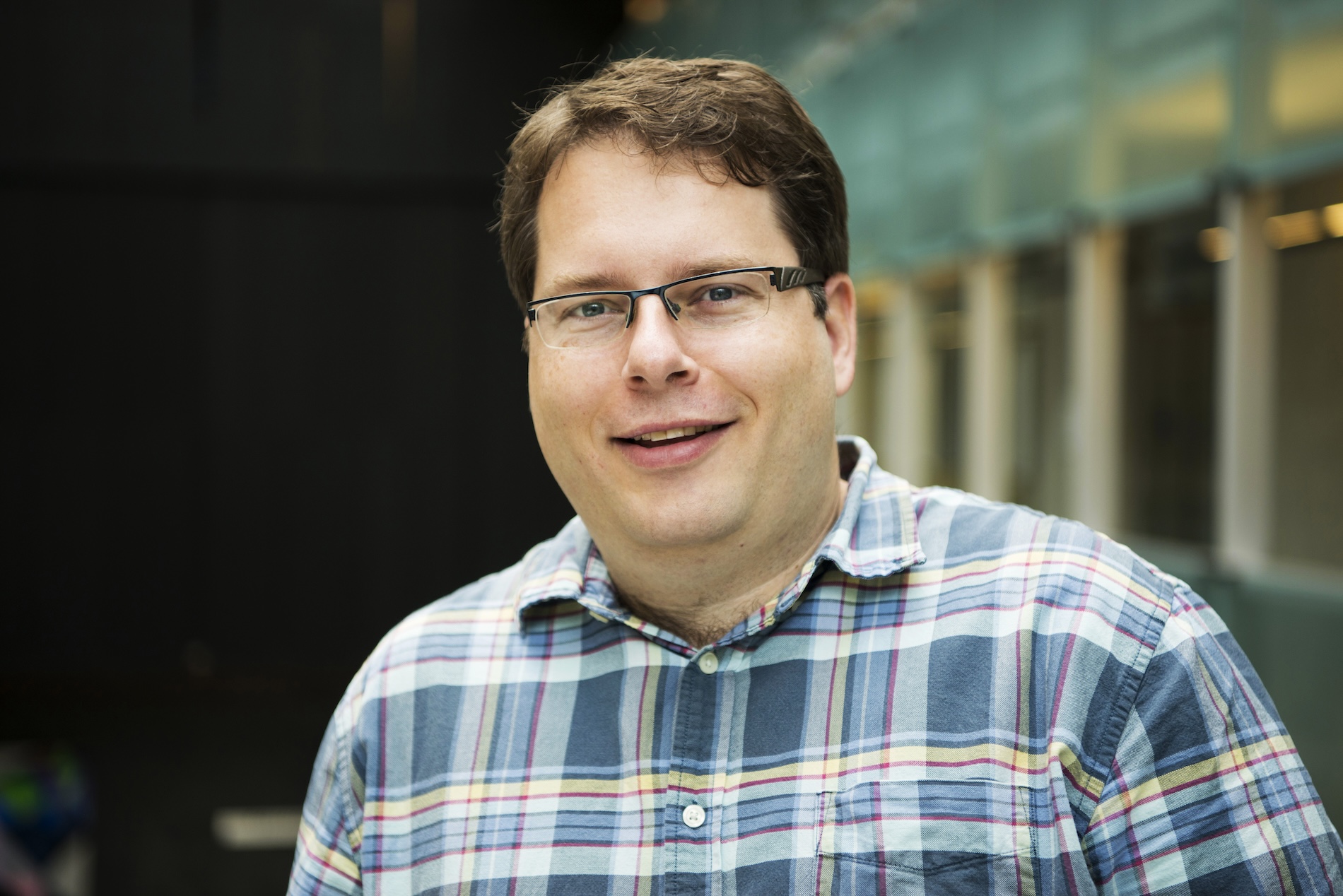
PhD University of Alberta, 2008
David Kubiznak (PhD University of Alberta, 2008) joined Perimeter in August 2011 from the Department of Applied Mathematics and Theoretical Physics at the University of Cambridge, where he had been a Herchel Smith Postdoctoral Fellow since 2008. As a teaching faculty member, Kubiznak has contributed toward teaching and developing the Perimeter Scholars International master’s program and has supervised many students over the years. His research focuses on black holes and their mathematical properties. He is one of the co-founders of a new subdiscipline of black hole thermodynamics called the black hole chemistry. Kubiznak is also a recipient of the Governor General’s Gold Medal at the University of Alberta and Milan Odehnal’s Award from the Czech Physical Society.
Paul Smith
Managing Director and Chief Operating Officer
Stefan Pregelj
Senior Director of Finance and Operations
Patricia Butler
Director of People and Culture
Greg Dick
Executive Director of Advancement and Senior Director of Public Engagement
Maïté Dupuis
Director of Academic and Research Programs
Jorge Gonzalez
Director of Information Technology
Colin Hunter
Director of Communications
John Matlock
Director of External Relations and Public Affairs
Sue Scanlan
Director of Finance
Natasha Waxman
Director of Publications, Grants, and Awards
Estelle Inack
Pooya Ronagh, joint with1QBit
Seth Siegel
Michael Vasmer, joint with Xanadu
Elie Wolfe
Aida Ahmadzadegan (University of Waterloo)
Philippe Allard Guerin (University of Vienna)
Ali Assem Abdelkader Mahmoud, Fields-AIMS-Perimeter Fellow (University of Waterloo)
Roland Bittleston (Cambridge University)
Rodolfo Capdevilla, joint with University of Toronto (University of Notre Dame)
Changha Choi (Stony Brook University)
Luca Ciambelli (École Polytechnique, Centre de Physique Théorique)
Luciano Combi (Instituto Argentino de Radioastronomía)
Meiling Deng, joint with National Research Council (University of British Columbia)
Daniel Ignacio Egaña-Ugrinovic (Rutgers University)
Ana Ennis (National University of La Plata)
Reed Essick (Massachusetts Institute of Technology)
Angelika Fertig (Max Planck Institute for Gravitational Physics)
Andrea Fontanella (University of Surrey)
Simon Foreman, joint with National Research Council (Stanford University)
Marios Galanis (Stanford University)
Thomas Galley (University College London)
Flaminia Giacomini, SNSF Ambizione Fellow (University of Vienna)
Andrea Guerrieri (University of Rome)
Justin Hilburn (University of Oregon)
Matheus Hostert (Durham University)
Yangrui Hu (Brown University)
Emilie Huffman (Duke University)
Kennedy Obinna Idu, Fields-AIMS-Perimeter Fellow (University of Pisa)
Raghav Govind Jha (Syracuse University)
Mohammed Khalil (University of Maryland)
Benjamin Knorr (Friedrich Schiller University, Jena)
Hlér Kristjánsson (University of Oxford)
Alex Krolewski, joint with University of Waterloo (University of California, Berkeley)
Aleksander Kubica (California Institute of Technology) (on leave)
Meenu Kumari (University of Waterloo)
Pablo Leon (University of Antofagasta)
Xinyu Li, joint with the Canadian Institute for Theoretical Astrophysics (Columbia University)
Zhi Li (University of Pittsburgh)
Cheng-Ju Lin (California Institute of Technology)
Zi-Wen Liu (Massachusetts Institute of Technology)
Tsung-Cheng (Peter) Lu (University of California, San Diego)
Han Ma, Philip W. Anderson Fellow (University of Colorado Boulder)
Mathew Madhavacheril, P.J.E. Peebles Fellow (Stony Brook University)
Simon May (Max Planck Institute for Astrophysics)
Cristina Mondino, Chien-Shiung Wu Fellow (New York University)
Takato Mori (The Graduate University for Advanced Studies, SOKENDAI)
Youssef Mousaaid (University of Ottawa)
Lukas Mueller (Heriot-Watt University)
Jessica Muir (University of Michigan)
Dominik Neuenfeld (University of British Columbia)
Enrico Olivucci (University of Hamburg)
Zhen Pan, Yakov B. Zel’dovich Fellow (University of California, Davis)
Olga Papadoulaki, Simons Bridge Fellow (Utrecht University)
Alessia Platania (Radboud University Nijmegen)
Daniele Pranzetti (Centre de Physique Théorique)
Valentina Prilepina (University of California, Davis)
Petr Pushkar (Columbia University)
Dongxue Qu (Florida Atlantic University)
Ana-Maria Raclariu, Stephen W. Hawking Fellow (Harvard University)
Fereshteh Rajabi (Western University)
Geoffrey Ryan (New York University)
Subhayan Sahu (University of Maryland, College Park)
Susanne Schander (University of Erlangen-Nuremberg)
Marc Schiffer (Heidelberg University)
Mykola Semenyakin (Leiden University)
Barbara Šoda (University of Waterloo)
Alexandre Streicher, joint with the Institute for Advanced Study, Princeton (University of California, Santa Barbara)
Aaron Szasz (University of California, Berkeley)
Maxime Trepanier (King’s College London)
Alex Turzillo (California Institute of Technology)
Michael Vasmer, joint with the Institute for Quantum Computing (University College London)
Viktoriia Voloshyna (Université de Toulon and Taras Shevchenko National University of Kyiv)
Jonathan Wang (University of Chicago)
Zachary Weller-Davies (University College London)
Sebastian Wetzel, joint with National Research Council (Institute for Theoretical Physics, Heidelberg University)
Luna Zagorac (Yale University)
Yong Zhang (Chinese Academy of Sciences)
Bin Zhu (Northeastern University)
Liujun Zou, John Bardeen Fellow (Harvard University)
Celine Zwikel, Jocelyn Joyce Burnell Fellow (Université Libre de Bruxelles)
Scott Aaronson, University of Texas at Austin
Mina Aganagic, University of California, Berkeley
Yakir Aharonov, Chapman University
Abhay Ashtekar, Pennsylvania State University
Leon Balents, Kavli Institute for Theoretical Physics
Ganapathy Baskaran, Institute of Mathematical Sciences, Chennai
Edo Berger, Harvard University
Patrick Brady, University of Wisconsin-Milwaukee
Marica Branchesi, Gran Sasso Science Institute
Sergey Bravyi, IBM Research – Thomas J. Watson Research Center
Caslav Brukner, Vienna Center for Quantum Science and Technology
John Cardy, University of California, Berkeley
Marcela Carena, Fermilab National Accelerator Laboratory
Bob Coecke, Quantinuum
Glennys Farrar, New York University
Matthew Fisher, Kavli Institute for Theoretical Physics
Dan Freed, Harvard University
Charles Gammie, University of Illinois Urbana-Champaign
Gian Francesco Giudice, European Organization for Nuclear Research (CERN)
Gabriela González, Louisiana State University
Daniel Gottesman, University of Maryland, College Park
Ted Jacobson, University of Maryland
David B. Kaplan, University of Washington
Vladimir Kazakov, École Normale Supérieure
Adrian Kent, University of Cambridge
Juna Kollmeier, Canadian Institute for Theoretical Astrophysics
Renate Loll, Radboud University Nijmegen
John March-Russell, University of Oxford
Hiranya Peiris, University College London
Sandu Popescu, University of Bristol
Maxim Pospelov, University of Minnesota
Frans Pretorius, Princeton University
Fernando Quevedo, University of Cambridge
Riccardo Rattazzi, École Polytechnique Fédérale de Lausanne
Carlo Rovelli, Centre de Physique Théorique
Nathan Seiberg, Institute for Advanced Study, Princeton
Yan Soibelman, Kansas State University
Paul Steinhardt, Princeton University
Andrew Strominger, Harvard University
Raman Sundrum, University of Maryland
Barbara Terhal, Delft University of Technology – QuTech
Dam Thanh Son, University of Chicago
Senthil Todadri, Massachusetts Institute of Technology
Bill Unruh, University of British Columbia
Guifre Vidal, Google Quantum AI
Mark Wise, California Institute of Technology
Alexander Zamolodchikov, Stony Brook University
Maïté Dupuis, Teaching Faculty and Director of Academic and Research Programs
Lauren Hayward, Teaching Faculty
David Kubiznak, Teaching Faculty
Dan Wohns, Perimeter Scholars International Programs Lead
PSI Lecturers
Gang Xu
PSI Fellows
Philippe Allard Guerin
Bindiya Aurora
Emilie Huffman
Aldo Riello
Giuseppe Sellaroli
Jacob Abajian (University of Waterloo)
Aman Agarwal (University of Guelph)
Leonardo Almeida Lessa (University of Waterloo)
Jacob Barnett (University of Waterloo)
Yilber Bautista Chivata (York University)
Sara Bogojevic (McMaster University)
Francisco Borges (McMaster University)
Johanna Borissova (University of Waterloo)
Kasia Budzik (University of Waterloo)
Ramiro Cayuso (University of Waterloo)
Alice Chen (University of Waterloo)
Hong Zhe Chen (University of Waterloo)
Yushao Chen (University of Waterloo)
Maxence Corman (University of Waterloo)
Nicolas Cresto (University of Waterloo)
Conner Dailey (University of Waterloo)
Caroline de Lima Vargas Simoes (University of Waterloo)
Bruno de Souza Leao Torres (University of Waterloo)
Guillaume Dideron (University of Waterloo)
Matthew Duschenes (University of Waterloo)
Thomas Fraser (University of Waterloo)
Himanish Ganjoo (North Carolina State University)
Bruno Gimenez Umbert (University of Western Ontario)
Lei Gioia Yang (University of Waterloo)
Sriram Gopalakrishnan (University of Waterloo)
Finnian Gray (University of Waterloo)
Samantha Hergott (York University)
Alexandre Homrich (University of Waterloo)
Liqiang Hou (North Carolina State University)
Puttarak Jai-akson (University of Waterloo)
Ding Jia (University of Waterloo)
Eivind Jørstad (University of Waterloo)
Hassan Khalvati (University of Guelph)
Athanasios Kogios (University of Waterloo)
Jordan Krywonos (York University)
Justin Kulp (University of Waterloo)
Kohdai Kuroiwa (University of Waterloo)
Ji Hoon Lee (University of Waterloo)
Shuwei Liu (University of Waterloo)
Adrián Khalil López Raven (University of Waterloo)
Raeez Lorgat (University of Toronto)
Ruochen Ma (University of Waterloo)
Marina Maciel Ansanelli (University of Waterloo)
Amalia Madden (University of Waterloo)
Shayan Majidy (University of Waterloo)
Taillte May (University of Waterloo)
Soham Mukherjee (University of Waterloo)
Michael Müller (University of Guelph)
Harish Murali (University of Waterloo)
Sotirios Mygdalas (University of Waterloo)
Amirreza Negari (University of Waterloo)
José de Jesús Padua Argüelles (University of Waterloo)
Qiaoyin Pan (University of Waterloo)
Dalila Pirvu (University of Waterloo)
Surya Raghavendran (University of Toronto)
Tales Rick Perche (University of Waterloo)
Alexander Roman (University of Waterloo)
Shengqi Sang (University of Waterloo)
Krishan Saraswat (University of Waterloo)
Nils Peter Siemonsen (University of Waterloo)
Barbara Šoda (University of Waterloo)
Aiden Suter (University of Waterloo)
Weicheng Ye (University of Waterloo)
Jinmin Yi (University of Waterloo)
Yìlè Yīng (University of Waterloo)
Matthew Yu (University of Waterloo)
Keyou Zeng (University of Toronto)
Keke Zhang (University of Waterloo)
Yehao Zhou (University of Waterloo)
Zheng Zhou (University of Waterloo)
Shahnewaz Ahmed (Bangladesh)
Dawit Belayneh (Ethiopia)
Jacqueline Caminiti (Canada)
Cole Coughlin (Canada)
Saba Etezad Razavi (Iran)
Batia Friedman-Shaw (United States)
Sukanya Ghosal (India)
Ifigeneia Giannakoudi (Greece)
Vincent He (China)
Oleksandra Hrytseniak (Ukraine)
Sercan Husnugil (Turkey)
Raquel Izquierdo Garcia (Spain)
Wirawat Kokaew (Thailand)
Dongjin Lee (South Korea)
Mary Letey (United States)
James Munday (Canada)
Robin Oberfrank (Hungary)
Ali Saraer Toosi (Iran)
Hanne Silverans (Belgium)
Katherine Slattery (United States)
Elisa Tabor (France)
Eirini Telali (Greece)
Vatsalya Vaibhav (India)
Rokas Veitas (United States)
Yuan-Chen Yeh (Taiwan)
School on Table-Top Experiments for Fundamental Physics
September 19-23, 2022
Quantum Gravity around the Corner
October 3-7, 2022
Quantum Matter Workshop
November 14-16, 2022
New Frontiers in Machine Learning and Quantum
November 22-23, 2022
Causal Inference & Quantum Foundations Workshop
April 17-21, 2023
Mini-Course of Numerical Conformal Bootstrap
April 24-28, 2023
Quantum Spacetime in the Cosmos: From Conception to Reality
May 8-12, 2023
Quantum Simulators of Fundamental Physics
June 5-9, 2023
Machine Learning for Quantum Many-Body Systems
June 12-16, 2023
TRISEP 2023 Summer School
June 19-30, 2023
Strings 2023
July 24-29, 2023
Testing Gravity 2023
Hosted by Simon Fraser University
January 18-21, 2023, in Burnaby, British Columbia
Winter Nuclear & Particle Physics Conference 2023
Hosted by University of Calgary
February 16-19, 2023, in Calgary, Alberta
Lake Louise Winter Institute 2023
Hosted by University of Alberta
February 19-24, 2023, in Lake Louise, Alberta
Werner Israel Memorial Symposium
Hosted by University of Victoria
May 18-19, 2023, in Victoria, British Columbia
Theory Canada 15
Hosted by Mount Allison University
June 15-17, 2023, in Sackville, New Brunswick
Canadian Association of Physicists (CAP) Congress 2023
Hosted by University of New Brunswick
June 19-23, 2023, in Fredericton, New Brunswick
Women in Physics Canada
Hosted by University of Manitoba
July 4-7, 2023, in Winnipeg, Manitoba